Associate Fellows
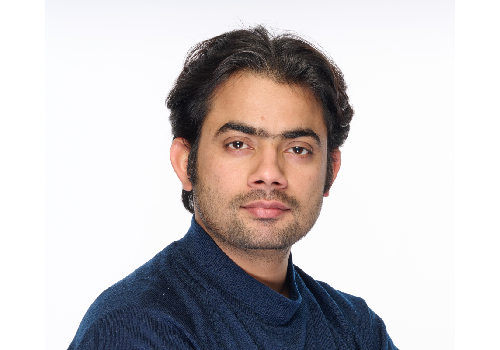
Aditya Singh
Dr Aditya Singh is a Research Fellow in the Department of Physics, a position he has held since September 2025. Prior to this, he was a Marie Skłodowska-Curie Postdoctoral Fellow in Physics and at the Institute of Advanced Study at Warwick until August 2025. His research focuses on engineering domain walls in functional oxide materials, which are emerging as promising platforms for next-generation nanoelectronic devices.
Before joining Warwick, Dr Singh was a Postdoctoral Researcher at Freie Universität Berlin, Germany, from 2022 to 2023. He completed his PhD in 2022 at the Indian Institute of Technology (IIT) Delhi, India, where his doctoral research was supported by several prestigious fellowships. These include the Fulbright–Nehru Fellowship at the University of Pennsylvania, USA (2021), the Raman–Charpak Fellowship at IPCMS–CNRS, France (2020), as well as the UGC Junior Research Fellowship (JRF) and the INSPIRE Fellowship.
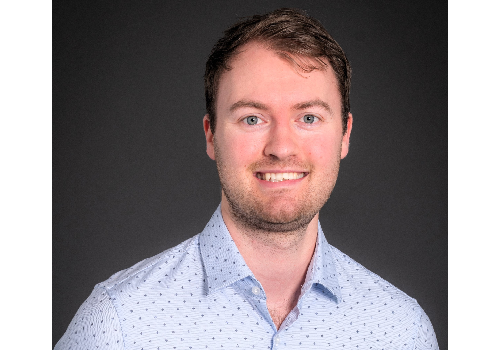
Miles Postings
Dr Miles Postings is a Research Fellow in the Department of Chemistry at the University of Warwick, specialising in both drug discovery and developing new materials for industrial chemistry applications. His drug-discovery work focuses on supramolecular iron-based systems which show antimicrobial and anticancer activity, whilst his industrial work involves synthesising materials for battery, antioxidants and alternative fuel applications. He has experience collaborating across disciplines and with industry partners and is committed to developing innovative solutions to real-world challenges. Through IAS, he aims to increase his collaborative network and develop leadership skills that will support progression towards an independent academic career.
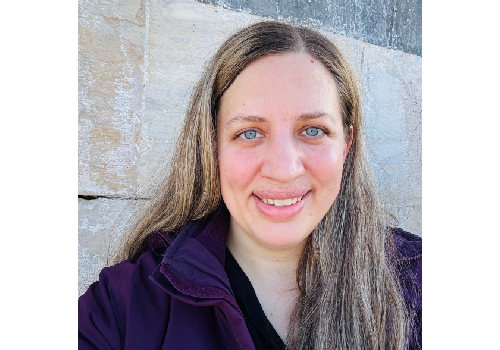
Barbora Oudova-Rivera
I am a postdoctoral researcher who completed my PhD in Biomolecular Science at the University of East Anglia in 2023, where I have also worked as a postdoc since. In September 2025, I joined the University of Warwick. I previously obtained an MSc in Biology and Chemistry of Soil and Water from Wageningen University. My research focuses on archaea and their role in diverse environments, with a broader interest in the human archaeome. Beyond research, I am committed to improving academic culture, with a strong interest in management training, mental health, inclusion and diversity, and creating supportive environments for parents/carers.
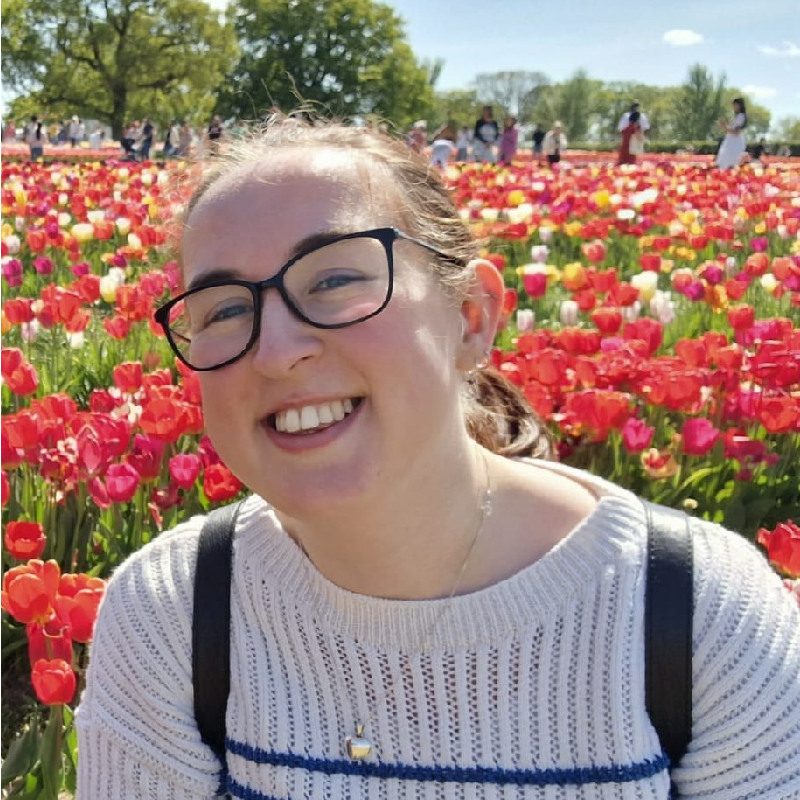
Kesley Cremin
I completed my PhD in single-cell analysis using scanning electrochemical microscopy methods in 2022, in a collaborative project between Chemistry and Life Sciences, University of Warwick. Since 2022 I worked as a post doctoral researcher in Life Sciences, University of Warwick. Firstly, as part of a GBMF project researching interactions with a complex microbial community. In 2025 I began an exciting new project studying metabolic dynamics at the single-cell level, awarded by the Leverhulme Institute.
Previously, my research focussed on the use and development of nano-scale electrochemical scanning probe platforms for performing analysis of single living cells. However, through my postdoctoral studies, this has increasingly shifted to the use of different analytical methods for metabolite analysis, both at the single cell level and as part of complex biological systems.
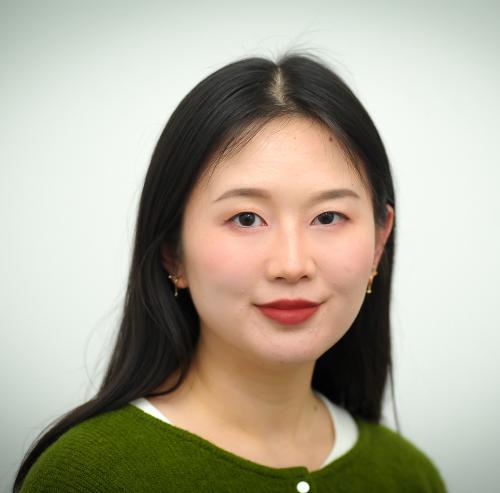
Yangzi Zhou
Dr Yangzi Zhou completed her PhD in Theatre Studies at Warwick in 2024. She then held the 2024/2025 Early Career Teaching Fellowship at the Institute for Advanced Teaching and Learning and the Institute of Advanced Study.
She currently supports doctoral research and PGR training in the Faculties of Arts and Social Sciences as a Doctoral Training Programmes Coordinator, while remaining research active through three ongoing projects based on collaborative, doctoral, and postdoctoral research.
Central to her research is how different modes of mediums and artistic forms work with and against each other to shape our cultural life. Her doctoral project concerns the intermedial strategies of National Theatre Live which reconstruct encounters with theatre for the screen. Other fields of interest include affect theory, diaspora narratives on stage and screen, intermediality, and adaptation studies.
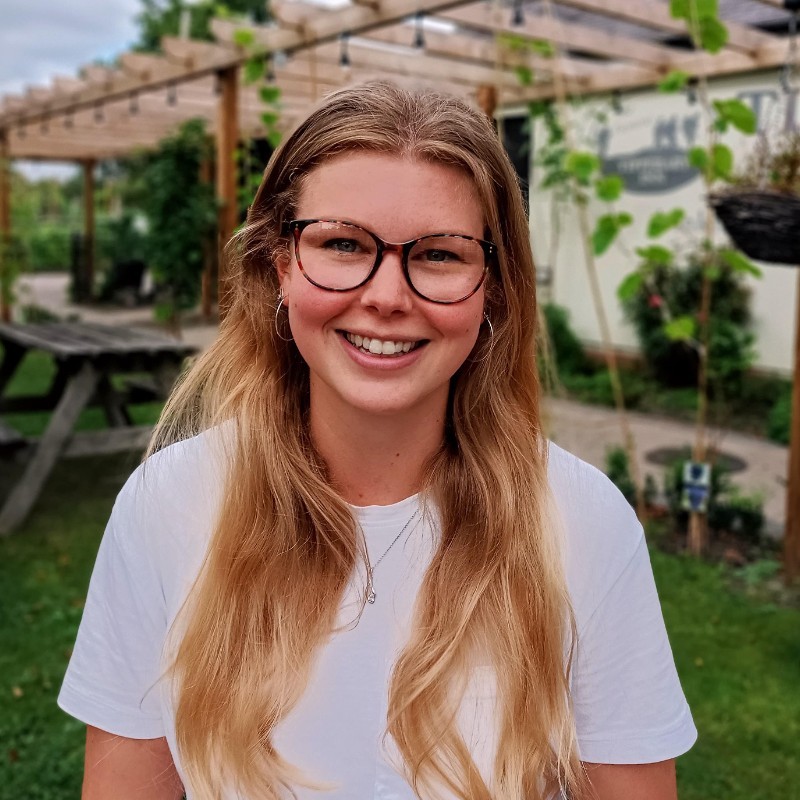
Katy Stokes
Dr Katy Stokes is an interdisciplinary researcher with a background spanning biomedical science, engineering, and public health policy, with experience in international research projects. She is currently a Research Fellow on the CONTAIN project, modelling zoonotic disease transmission in Ghana and Thailand. Alongside academic work, she has contributed to science-policy initiatives with the UK Parliament, Academy of Medical Sciences, and WHO. Through the IAS, she aims to expand collaborative networks, develop community- and policy engaged research, and support interdisciplinary early-career researcher connections across Warwick.
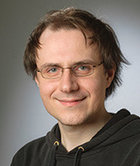
Nils Hertl
Dr Nils Hertl is a Marie-Curie Research Fellow in the Department of Chemistry and the Department of Physics at the University of Warwick.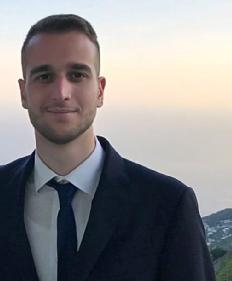
Kristian Romano
Dr Kristian Romano is a Research Fellow in the Applied Statistics and Risk Unit at the University of Warwick, where he collaborates on interdisciplinary projects, such as food system sustainability. He supports the university-wide Statistical Advisory Clinic, offering statistical guidance to PhD students from various disciplines. His PhD research focused on applied statistical modelling, particularly in digital health and personalised medicine. Passionate about public engagement, he chairs the Royal Statistical Society’s West Midlands Local Group, organising events to promote statistics and its applications. His work bridges academic research, real-world applications, and cross-disciplinary collaboration.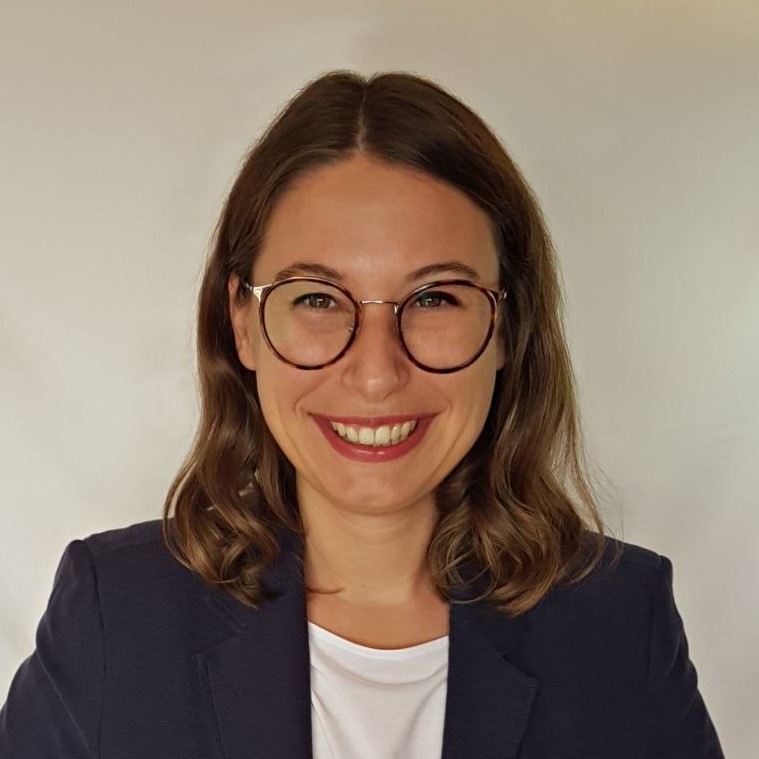
Marianna Patrick
I am a sociolinguist exploring language use in everyday life. Currently, I am a Research Fellow on a project that explores the evolving practices, motivations, and experiences of students and academics in the age of AI. Previously, I was part of a collaborative research project supported by the Monash Warwick Alliance to uncover practical strategies that help multicultural cricket teams foster inclusivity. In my doctoral thesis, I looked at storytelling and how individuals construct their identities when they talk about places. I am excited to be part of the IAS interdisciplinary, international community of researchers and to develop new, impactful research collaborations.
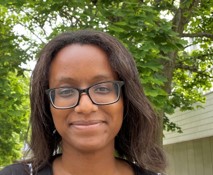
Linda Wanika
I am an early career research fellow based in the School of Engineering, with expertise in clinical and pre-clinical pharmacokinetic and pharmacodynamic (PKPD) modelling, rare adverse events, and oncology. My current research interests are mechanistic modelling for rare diseases and making PKPD modelling, AI, and uncertainty analysis, accessible, reproducible, and transparent As a potential associate fellow, I would like to contribute to the creation of workshops and symposia that encourage and foster interdisciplinary activities. My academic background spans two fields (Life Sciences and Engineering) and I understand the importance of being able to have accessible methods and tools for multiple fields for them to be used effectively and accelerate researchers into optimising their projects as well as finding new insights. In my current and past projects, I have had to learn and use a variety of different analyses and implementation methods from Bayesian statistics and AI implementation to optimising models for disease predictions and adverse events. I would like to teach these methods as well as provide tutorial sessions in an accessible way to allow other researchers to benefit from these tools. Moreover, this will provide me invaluable feedback and help me improve my teaching skills. I would also like to be an active member of the community and encourage interdisciplinary collaborations and create networking opportunities. Social interactions are crucial for all researchers regardless of their career stage and oftentimes, the role of a researcher can also be isolating if an individual does not like they are part of their respective research group. To combat this, I would like to help in creating a welcoming and safe environment for researchers to feel comfortable expressing themselves and provide any advice if I feel as though I can help them. Lastly, I would like to take part in the accolades programme. I believe the training sessions and events will help me in establishing myself as an independent researcher and improve my grant, fellowship application writing skills, and understand the panel decision making process. For most fellowship and grant applications, it is imperative to secure the reader's attention within the first few sentences, and it is important to be able to sell project ideas in a way that is concise, effective, and interpretable. I believe that improving on these skills will equip me with the foundation that I need to produce applications that are able to be funded in the future.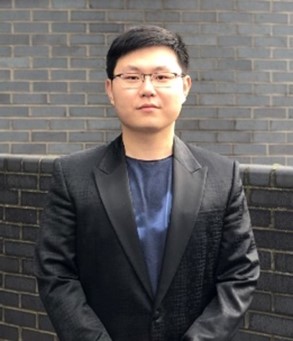
Fanfu Wu
Dr Fanfu Wu is a Research Fellow at WMG, University of Warwick, specialising in electromagnetic sensing, non-destructive testing, and steel microstructure analysis for intelligent manufacturing. He has led EPSRC-funded projects and collaborated with major partners including Tata Steel, Liberty Steel, British Steel, and the University of Manchester. His research bridges materials science and sensor technology for Industry 4.0 applications. As Chair of the WMG Researcher Forum, he promotes interdisciplinary engagement across Warwick. Through the IAS, Dr Wu aims to deepen cross-disciplinary collaboration, enhance the impact of his research, and support a thriving postdoctoral researcher community.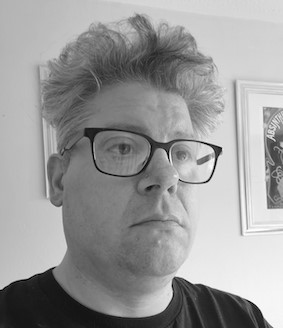
Iain Emsley
I am a Research Software Engineer at the Centre for Interdisciplinary Methodologies. I teach on the digital media and culture labs and study skills sessions. I am interested in how computation is used to both create cultural objects and methods to study them. My software research engages in developing tools to support cultural research and critical approaches to this same software, which requires new forms of critical thinking and literacy. My particular focus is using sound as a method and using methods on sound. I completed my PhD at Sussex University on a project that used sonification to represent digital humanities data and to be critical of the computational processes involved. I hold an MSc in Software Engineering from Oxford. My previous role was a Research Software Engineer at Oxford on projects that include the Square Kilometre Array, digital musicology, and software sustainability.
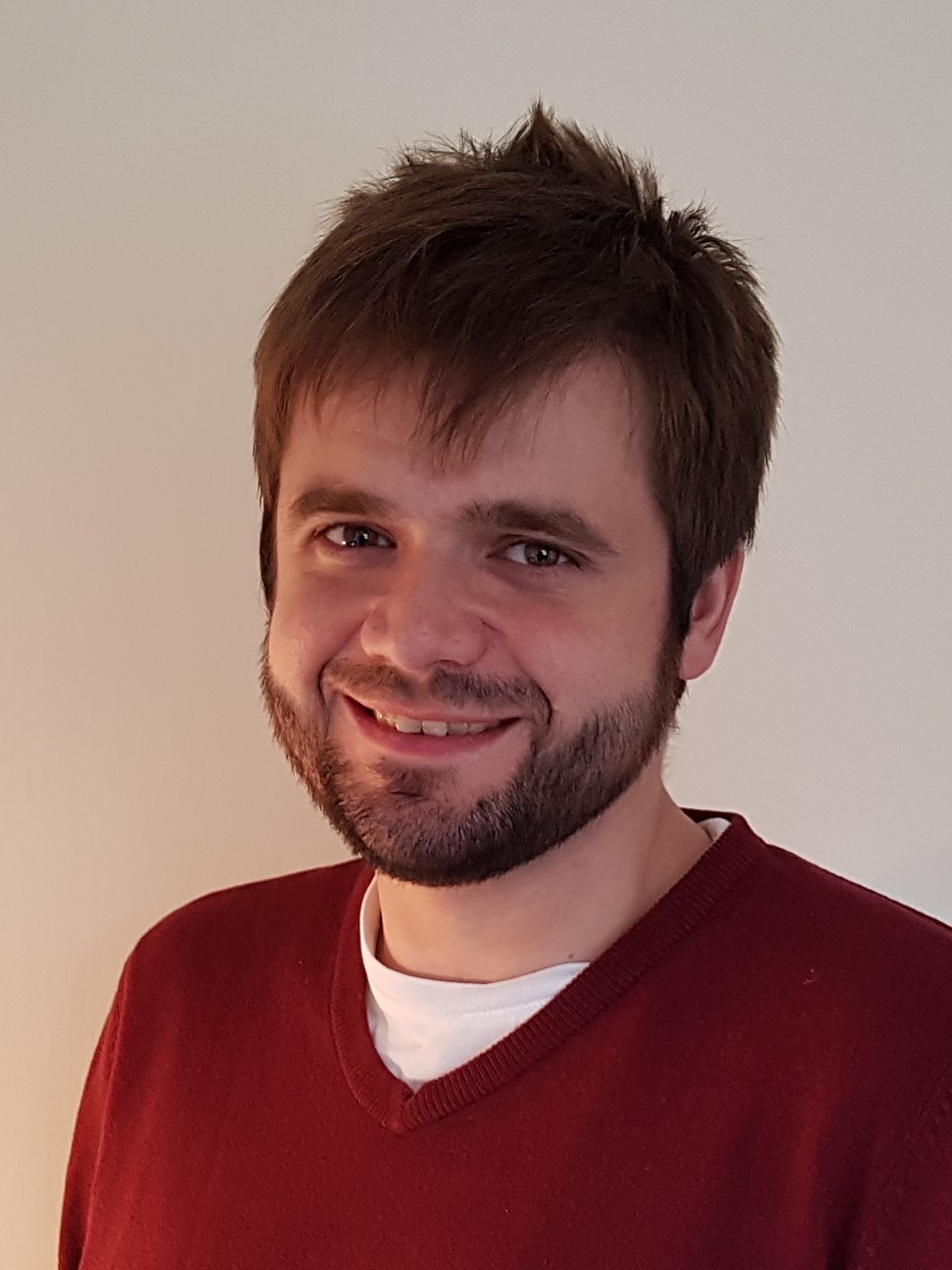
Alexander Darlington
Dr Darlington completed his BA/MSci degrees at the University of Cambridge before joining the University of Warwick as part of the UK’s Synthetic Biology Centre of Doctoral Training.
After graduating with his PhD in 2018, he commenced postdoctoral research within the School of Engineering. He has also undertaken industrial projects as a BBSRC-funded Innovation Fellow. He recently won a Royal Academy of Engineering Research Fellowship.
His research lies at the interface of systems engineering and biotechnology where he uses mathematical and computational approaches to design genetic control systems which improve yields of biotechnological processes in light of microbial and industrial constraints.
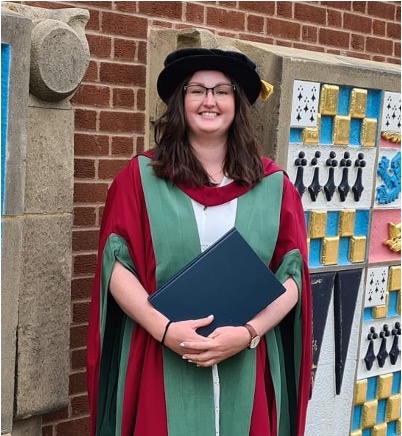
Charlotte Cooper
Starting January 2021 as a PDRA in the School of Life Sciences I'm looking at nutrient uptake and metabolism in the bacteria that causes tuberculosis to understand how it can survive in the nutrient restricted environment during infection.
I completed my PhD at the University of Birmingham in 2021 exploring the remodelling of the cell wall in the same pathogen, a process that is key for successful infection, and a transcriptional regulator that responds to external cues to coordinate this remodelling.
I'm hoping to take advantage of everything the IAS fellowship has to offer to develop my career further in academic research.
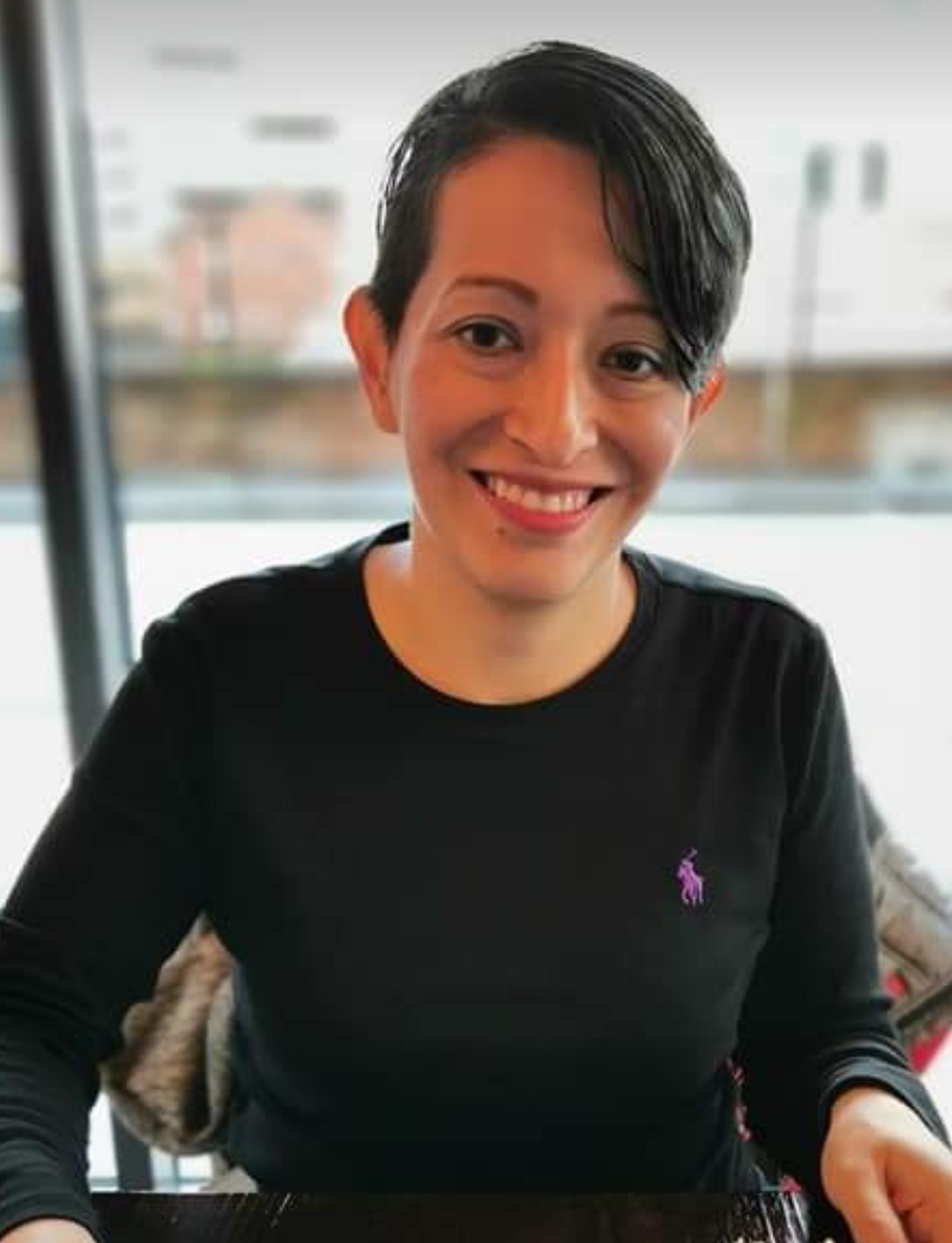
Manuela Trejo
Postdoctoral Research Fellow. Researcher at the School of Engineering, working on the EPSRC funded project "A sensorimotor PROsthesis for the upper LIMB (PROLIMB)". The project aims to model, design, fabricate and validate an affordable body-powered prosthetic fingertip digit with integrated mechanical haptic feedback.
Manuela obtained her PhD at Sheffield Hallam University with a project investigating the biomechanical effects of football shoes on the ankle joint, focusing primarily on preventing injuries and enhancing players' performance. She has a BSc in Mechatronics engineering from the Tecnologico de Monterrey, Campus Leon in Mexico. After graduation, she obtained a DAAD Scholarship for her Master's studies in Biomedical Engineering in Germany at the University of Lubeck. Manuela spent one year working as an intern and Master's Thesis student at the German Aerospace Centre (DLR) in Cologne. Her project 'Improvement, completion and verification of an artificial muscle biomechanical rack (AMBR)' was aimed to build a test rig to deepen the understanding of the muscle-bone mechanics of the lower leg with the objective of reducing the effects of microgravity in astronauts' bones, preventing and counteracting osteoporosis.
Prior to her PhD, Manuela worked as a full-time lecturer at the Tecnologico de Monterrey at the Engineering and Sciences Division, teaching a wide range of lectures from basic sciences to specialized topics in Mechatronics. She oriented her work to education innovation for engineers, social service and impact of students of Mechatronics and collaborating in the development of community projects involving patients with muscular dystrophy and people in need of upper-limb prosthetics. The most important accomplishments were the foundation of the student-led group Robomedic which provides low-cost 3D-printed hand prostheses, as well as being named an honorary youth member of the Academy of Engineering in Mexico.
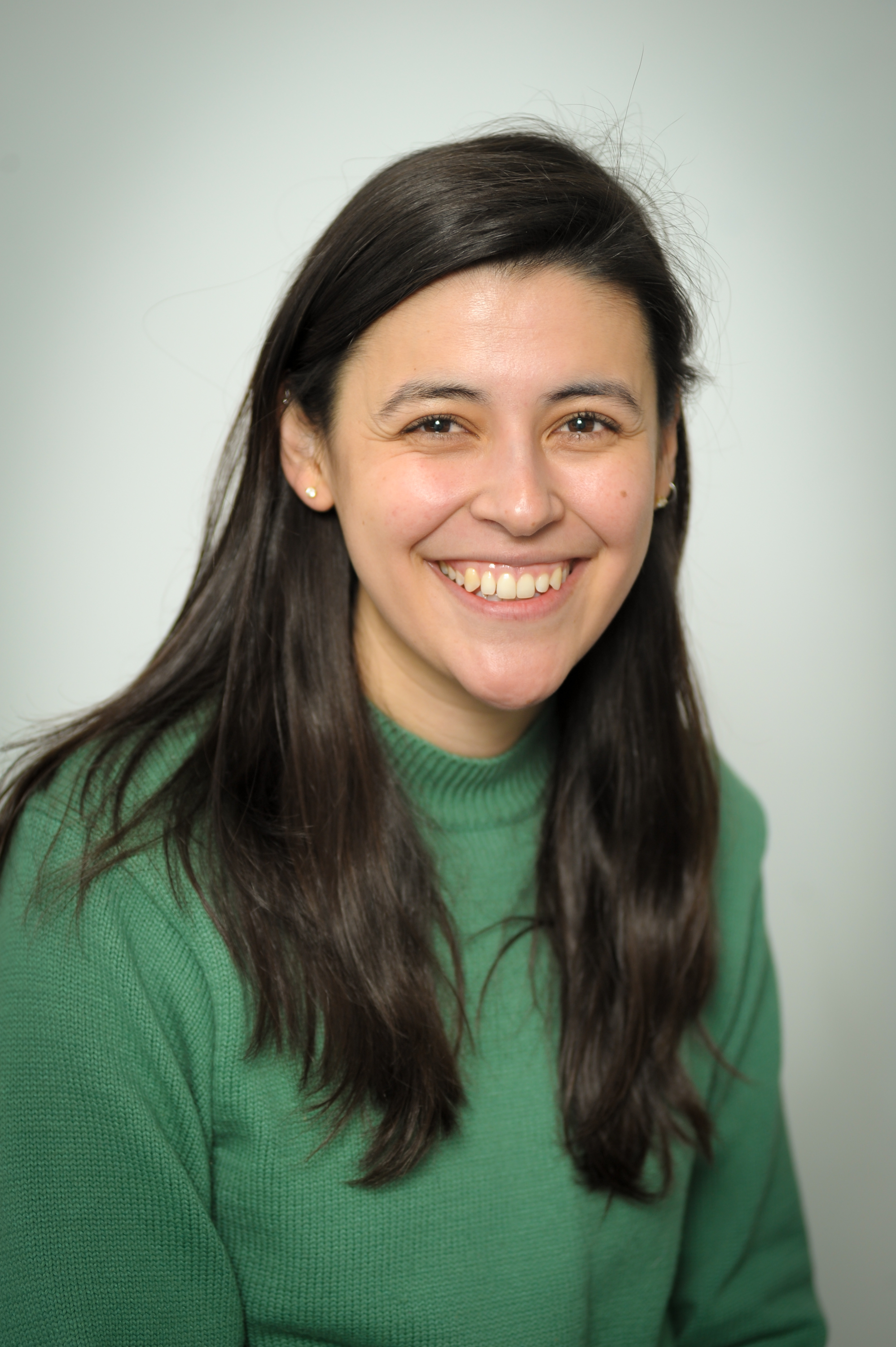
Erika Herrera Rosales
Erika was a former Early Career Fellow at the Institute of Advanced Studies and received her PhD in Sociology at the University of Warwick.
Erika's doctoral research looked at the effects of the social relationships between humanitarian organisations and immigrants from Northern Central America. Specifically, she explored NGOs’ roles and practices which involved punitive actions, mobility deterrence, and ambiguous dynamics with migrants in Mexico.
Her research interests also include decolonial theory, family and intimacies, critical methodology and feminist poetry.
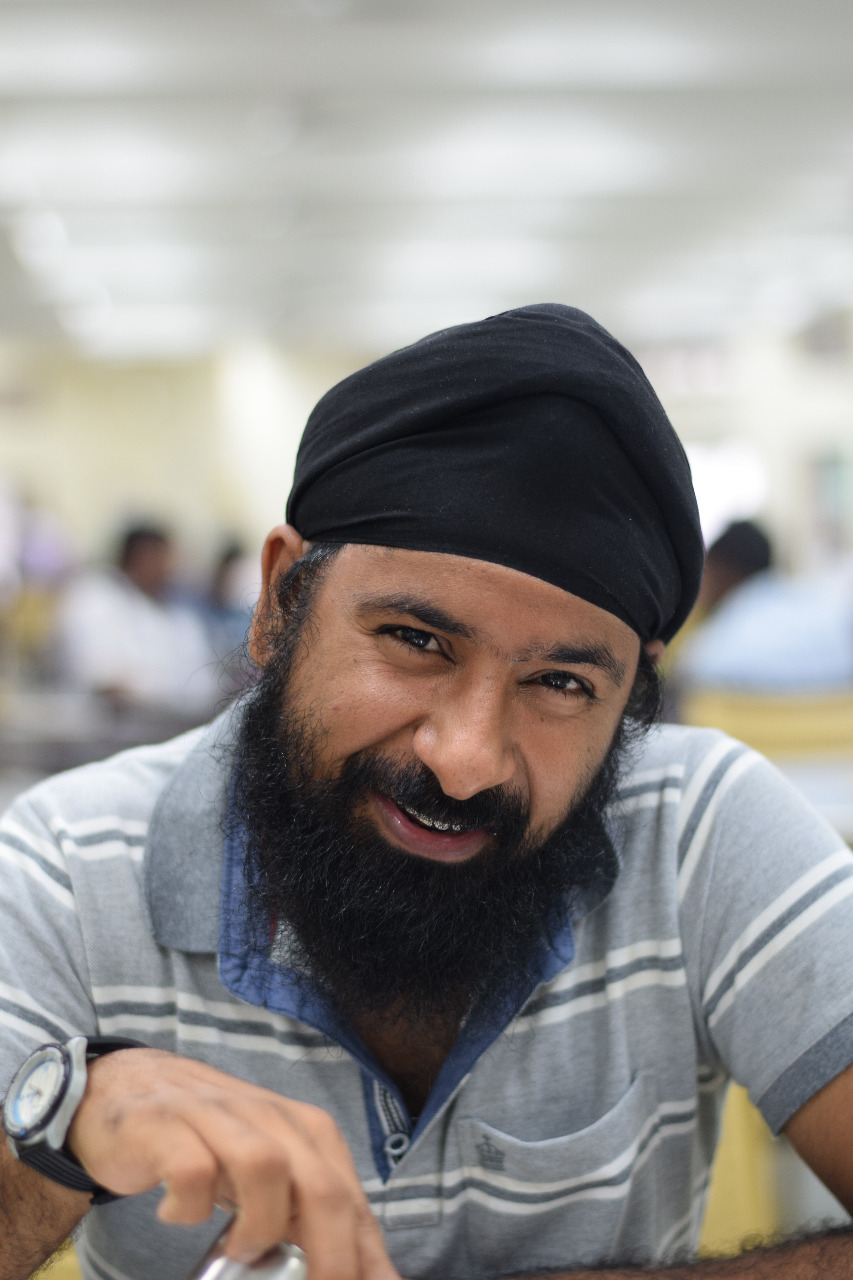
Gurdev Singh
Gurdev is a post-doctoral fellow in the Department of Physics, University of Warwick, UK.
Before joining the University of Warwick, he was an Assistant Professor in the Department of Production and Industrial Engineering, at Punjab Engineering College, Chandigarh. Gurdev got his master's and PhD from the Indian Institute of Technology Madras, India in the field of Mechanical Engineering.
His area of research is the fabrication of cemented tungsten carbide and reacted sintered boride. He is interested in powder metallurgy, freeze casting, sintering, fabrication of porous and dense materials, additive manufacturing, composites, and material characterization.
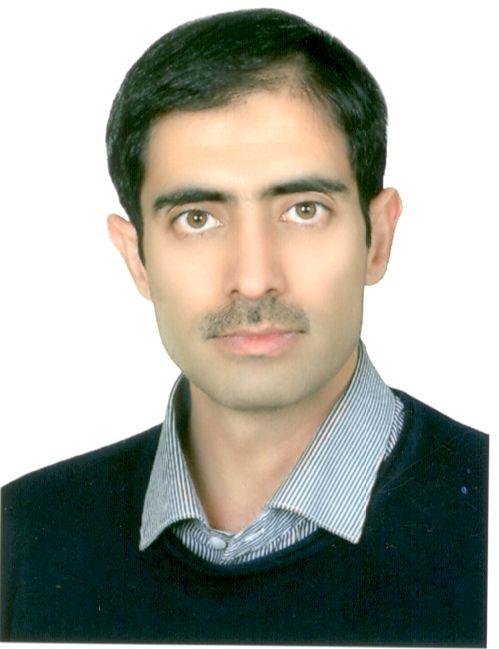
Hamidreza Arjmandi
Hamidreza received a PhD degree in electrical engineering from the Sharif University of Technology, Tehran, Iran, in 2016. He has served as an Assistant Professor with the Department of Electrical Engineering, Yazd University, Iran, from 2016-2021.
He was awarded a postdoctoral fellowship from the European Research Consortium for Informatics and Mathematics hosted by NTNU, Norway 2019-2021. As a research fellow, he joined the School of Engineering, at the University of Warwick in 2021.
He has been the associate editor of IEEE Transactions on Nonobioscience since the Summer of 2021.
He does research in interdisciplinary research areas of information theory in biological systems, molecular communications and nano-bio communication networks.
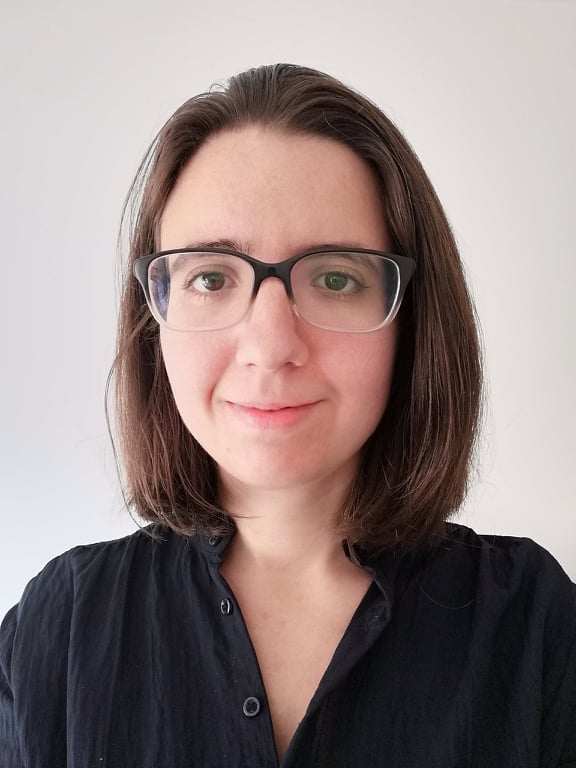
Maria Brunetti
Maria obtained her degree in particle physics in Naples, Italy, and her PhD from the University of Birmingham, UK. She is now a postdoctoral researcher at Warwick and studies neutrinos, elusive elementary particles that hold the key to profound questions on the evolution of the Universe.
Maria's work focuses on the reconstruction of particle interactions in large liquid argon detectors, using state-of-the-art image processing techniques. She is interested in exploring the applicability of these techniques to other fields and is passionate about science communication.
She plans to continue developing personal skills and collaborations as an IAS fellow.
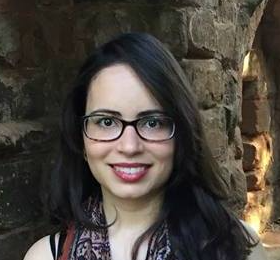
Tailise De Souza Guerreiro Rodrigues
Tailise graduated in Biotechnology, with a PhD in cellular ageing and a postdoc in electrophysiology, her passion for science and research has led her to be involved in teaching, grant writing, and science communication. Regarding the latest, she wrote three science communication articles for an established magazine in her home country (Brazil).
Tailise's goal is to become an independent researcher on the interlinked aspects of ageing and electrophysiology, and the IAS Fellowship and Accolade program will allow her to be part of an international and multidisciplinary community where the nurturing of the innovative research of the future happens.
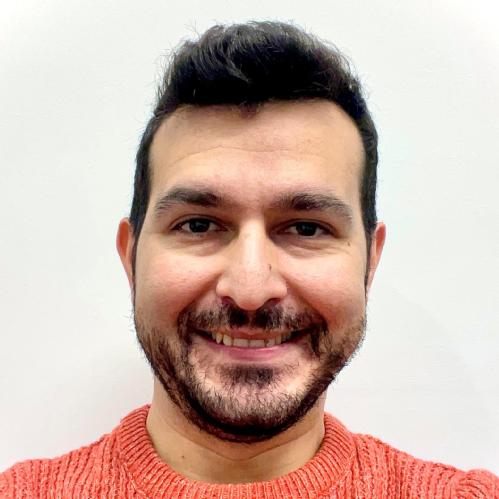
Onur Agca
Onur recently completed his PhD in the Behavioural Operations Management field in WMG.
Throughout his doctoral study years, he participated in various industrial projects on topics such as Industry 4, Autonomous Vehicles, Sustainability and Circular Economy. Towards the end of his PhD, he worked as a research assistant at Durham Business School for a year and managed a regional project regarding the plastics recycling supply chains. Completing his contract there, in January 2022, he started his new role in WBS as a teaching fellow, where he currently continues his studies.
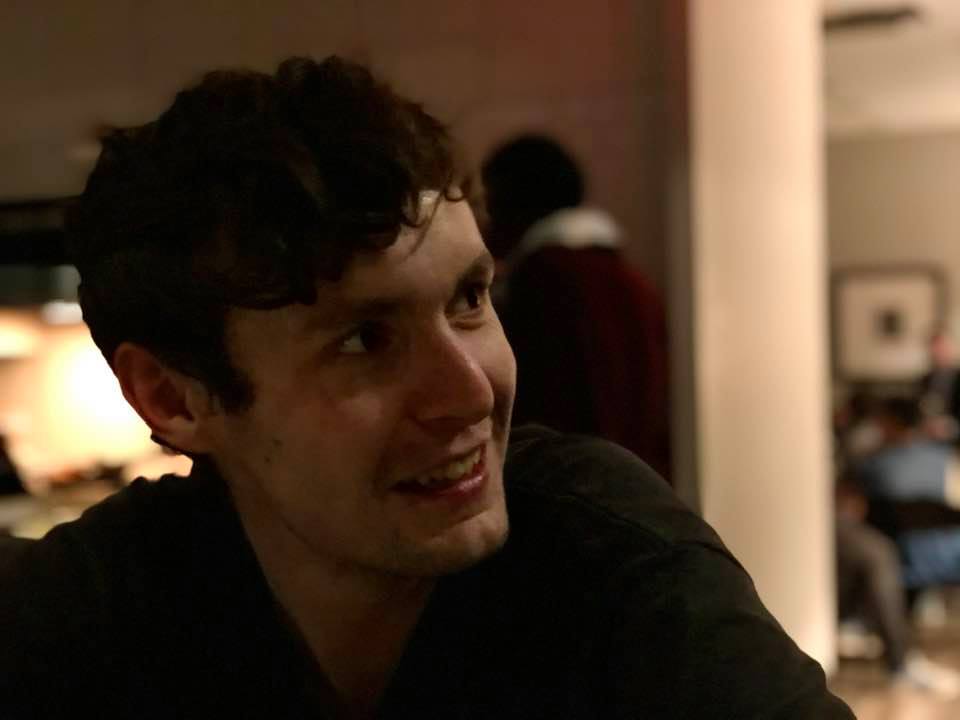
Patrick Smith
Patrick Brian Smith is a British Academy Postdoctoral Fellow in Film and Television Studies at the University of Warwick.
Patrick is working on a project entitled Mediated Forensics, which examines how emergent technological and aesthetic forms of media practice are redefining the fields of human rights activism and investigatory journalism. Through the utilisation of new media technologies and open source practices, a range of artists, researchers and media collectives are transforming the roles that the performative, ethico-aesthetic and technological play in the mediation of evidence and its capacity to intervene in forms of humanitarian, political and social violence. The project argues that these emergent forms of practice are creating new ecologies of media practice and collaboration that are yet to be properly examined or theorised.
He completed his PhD in Film and Moving Image Studies at Concordia University, Montreal in 2020.
His research interests include documentary theory and practice, spatial and political theory, forensic media, and human rights media activism. He has taught courses on visual culture, film and media histories, documentary theory, and activist media cultures.
His work has been, or will be, published in journals such as JCMS, Discourse, Media, Culture & Society, NECSUS, and Afterimage..
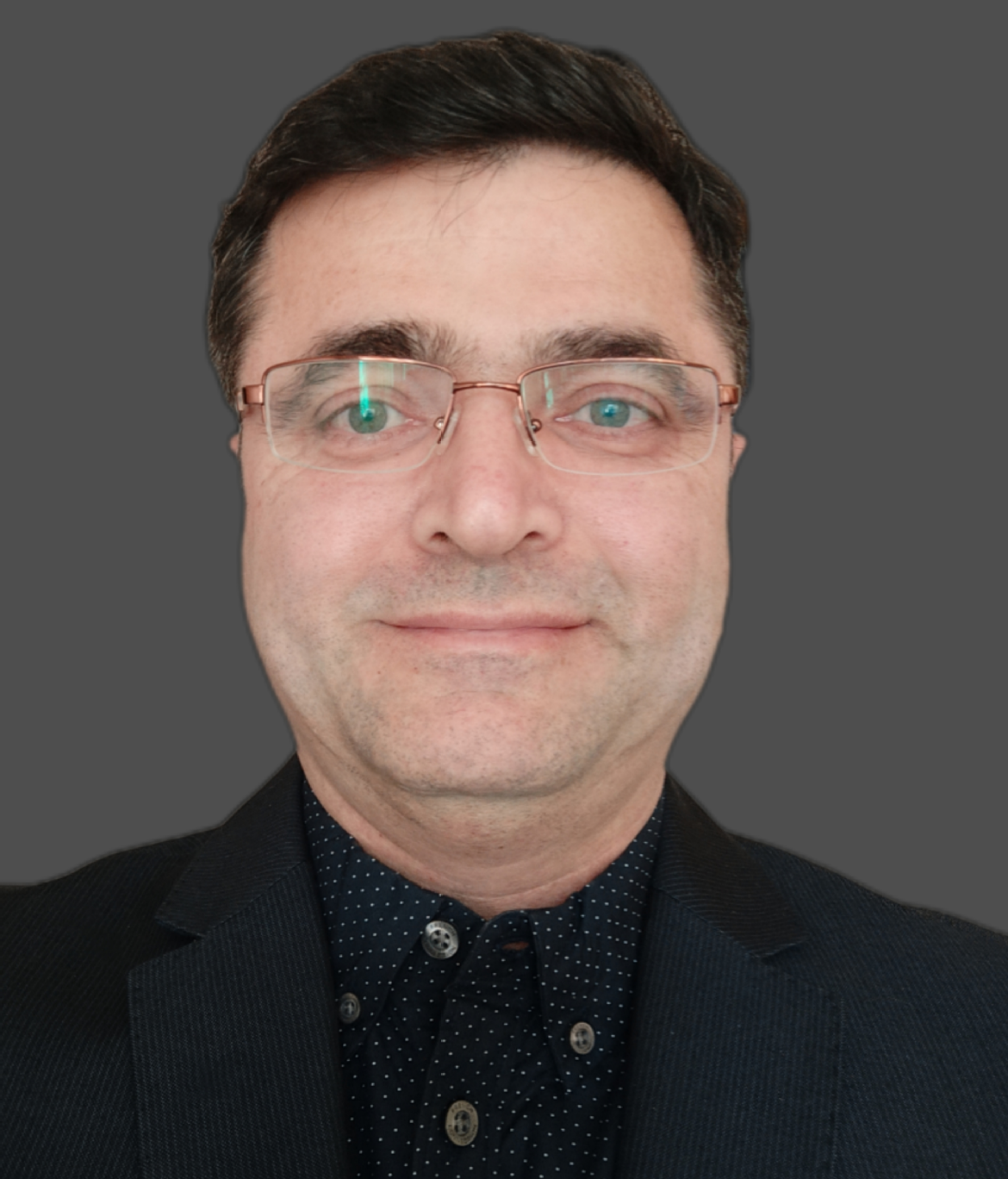
Reza Kashtiban
Reza is an Assistant Professor at the Department of Physics. He is an experimental physicist and material scientist with a particular interest in the structural and compositional properties of nanomaterials by means of advanced Transmission Electron Microscopy. He had been a visiting academic of UK miderane electron microscopy facilities at Daresbury Lab (SuperSTEM, 2007-2010) where he used Electron Energy Loss Spectroscopy (EELS) technique in Plasmon and core loss regimes to study compositional properties of nanostructured materials. Reza also specialises in phase restoration by Exit Wave Reconstruction of Focal Series.
His current research themes involves growth and compositional characterisation of encapsulated composite nanostrucures, 1D radial heterostructures and 2D materials. He has also expertise in the study of porous materials, functionalised carbon based materials and phase change nanomaterials.
Current Interests
- 2D materials
- Hybrid photovoltaic nanostructures
- Encapsulated structures
- 1D Heterostructures
- Phase Change Materials
- Atomic scale local characterisation
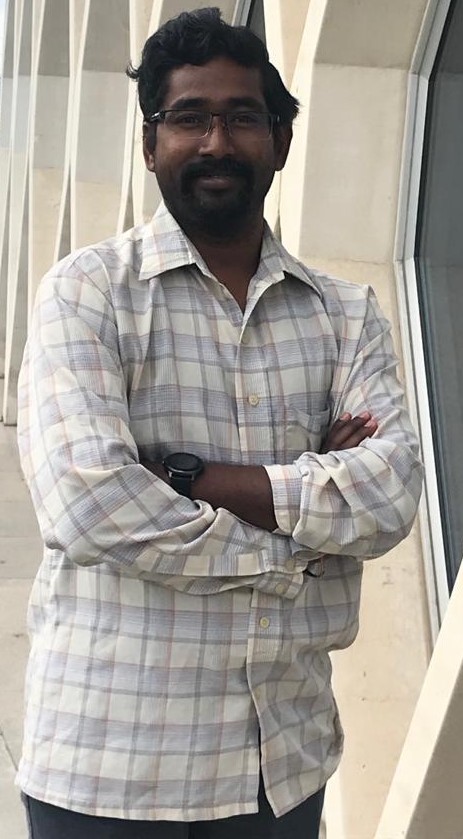
Raghavendra Juluri
Expertise in the growth of nanostructures using physical and chemical vapour deposition methods.
Expertise in the field of structural characterization of materials by microscopy and spectroscopic techniques such as TEM, SEM, Raman, XRD and RBS.
Working with Silicon, GaN and SiC substrates and thin films
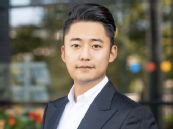
Yihan Guo
Dr Yihan Guo is a Teaching Fellow at WMG, University of Warwick. His research focuses on Machine Learning & AI in the context of real estate finance.
He holds a BSc in Mathematics, Operational Research, Statistics and Economics (MORSE) and MSc in Economics, and a PhD in Engineering from the University of Warwick.
He is currently leading AI initiatives for high-tech start-up firms through the WMG accelerator.
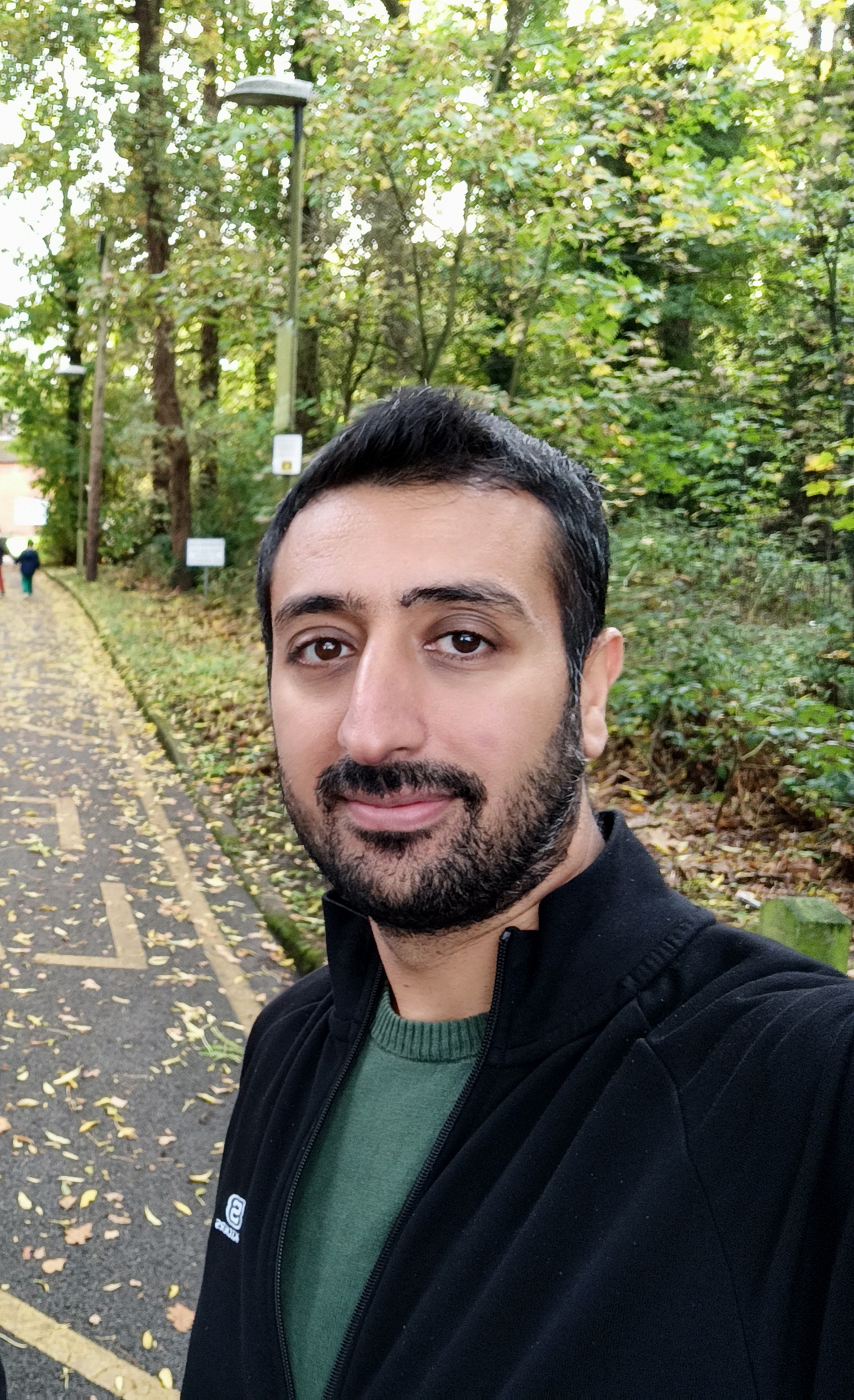
Ibrahim Isik
Ibrahim received his PhD degree in electrical electronics engineering from Inonu University, Turkey, in 2019. He worked as a researcher and Assistant Professor in this department between 2012-2022.
Throughout his research career, he participated in various projects on topics of Molecular communication, Machine learning and Neuro-spike communication.
Currently, he is a visiting researcher fellow in the School of Engineering, at the University of Warwick. His research area is Bacteria-Based Molecular Communication, molecular communications and nano-bio communication networks.
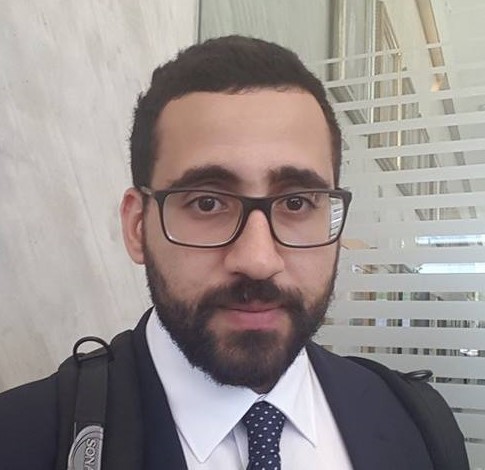
Ahmed El-Said
Module owner for Procurement and Inventory Management part of the Supply Chain and Logistics Management MSc.
Member of the Education Innovation Committee within WMG. PhD on The Effect of Product Design Modularity on Sustainable Supply Chain Management MSc on The use of Mobile Business Intelligence on Supply Chain Performance. Chartered Member of the Institute of Logistics and Transport Fellow of the Higher Education Academy
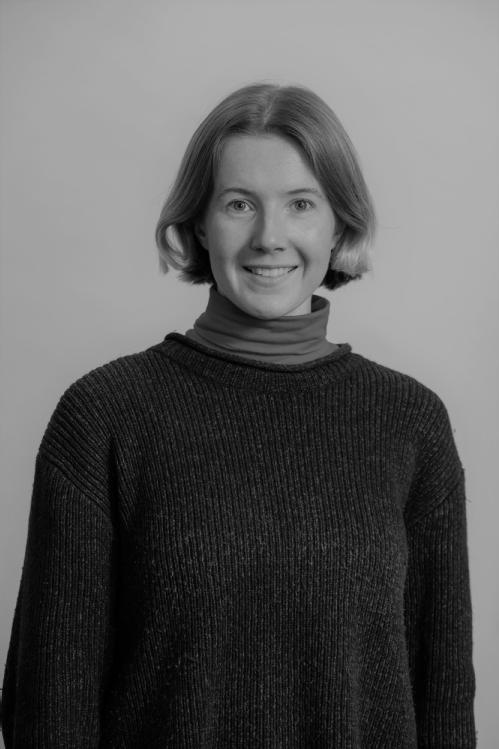
Sophia Kier-Byfield
Dr Sophia Kier-Byfield is an interdisciplinary researcher with broad interests in gender, education and inclusion.
Having studied and taught English Literature for many years, she won a PhD scholarship to study the concept of feminist pedagogy at Loughborough University in 2018. Since completing in early 2022, she has been a Postdoc at the Department of Education Studies at the University of Warwick.
Alongside her work at Warwick, Sophia is an Associate Researcher for SafeLives, a volunteer at Thrive Women’s Aid and a curator under the auspices of art space rum46 (Denmark).
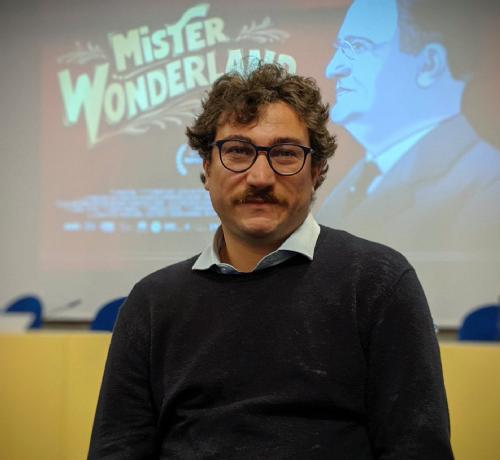
Luca Peretti
Luca Peretti is a WIRL-COFUND Fellow. His project investigates cultural exchange across the Mediterranean Sea between Europe and North Africa, particularly Italy and Algeria, at the end of the colonial era (1960-1966). The core case studies include several collaborative works between Italians and Algerians, including Gillo Pontecorvo’s The Battle of Algiers (1966).
Previously he co-edited a volume on terrorism and cinema (in Italian, Postmedia books) and one on Pier Pasolini Pasolini (Bloomsbury Academics).
His work has appeared in, among others, Senses of Cinema, The Italianist: Film Issue, Journal of Italian Cinema and Media Studies, Historical Materialism, Comunicazioni Sociali, Quest. Issues in Contemporary Jewish History.
He is on the editorial board of Zapruder World, Cinema e Storia, L’Avventura and Storiografia.
He wrote and coproduced the film Mister Wonderland (dir. Valerio Ciriaci, 2019).
He collaborates with newspapers and magazines.
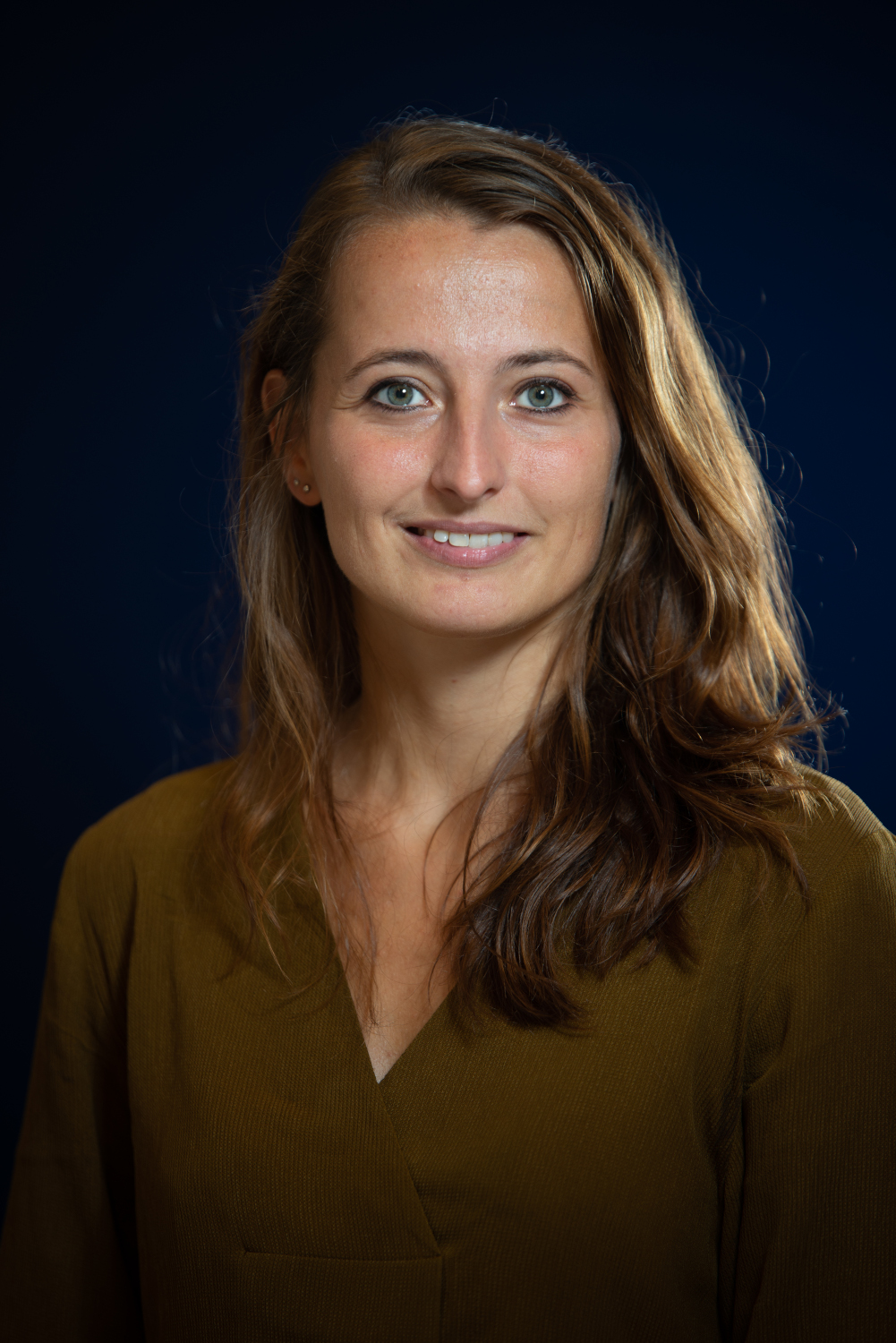
Sabrina Twilhaar
Sabrina is a Marie Skłodowska-Curie fellow in the Department of Psychology. Her research focuses on the impact of very preterm birth on children’s development. More specifically, she tries to understand the large differences in outcomes between children and the role of social factors. In her current project, she aims to identify factors that promote positive outcomes (i.e. resilience) that can be used as targets for interventions.
In collaboration with IAS, she hopes to further develop herself to do impactful research that actually benefits those in society that need it most.
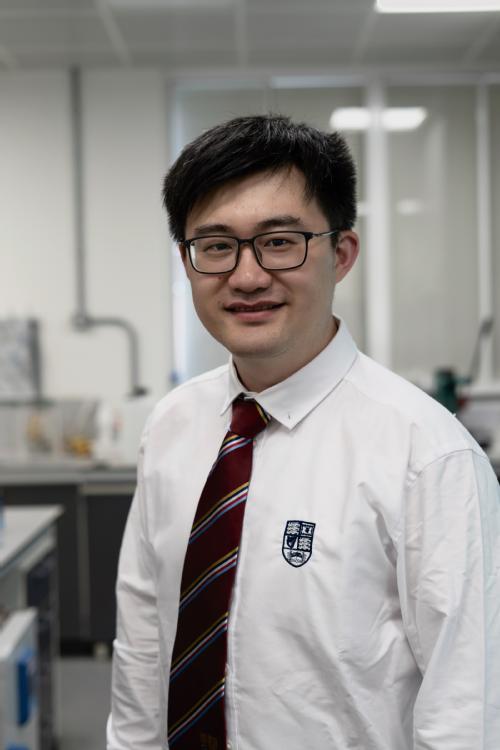
Rui Tan
Dr. Rui Tan is an Assistant Professor (research focused) in the WMG, Energy Innovation Centre, University of Warwick, working on the development of new energy storage systems (lithium ion batteries, solid batteries and redox flow batteries) based on cutting-edge materials, e.g., polymers of intrinsic microporosity, metal-organic frameworks and solid oxide ceramics.
His research interests and activities mainly focus on the design of ion conductive and selective membranes based on the microporous materials chemistries; fundamental correlation of the structure, ion kinetics and electrochemical performance; combination innovation to address the challenges involved in different energy storage systems, e.g., flow batteries, alkaline-metal ion based batteries, solid-state batteries. a. Developing and optimizing functional electrolyte membranes using microporous materials, polymers of intrinsic microporosity (PIMs), and metalorganic frameworks (MOFs). b. Investigating the ion kinetics, ionic and molecular selectivity, and establishing the fundamental correlation of materials structures, properties and performance. c. Combining functional electrolyte membranes with diverse energy storage systems to afford high-performance (improved longevity, power and safety) systems.
Rui has authored over 30 articles and he is helping with the special issues for the Journals of Batteries and Rare Metals as a guest editor.
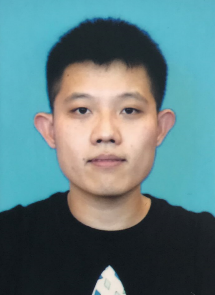
Tao Zhu
Dr. Tao Zhu is an Assistant Professor at Warwick Manufacturing Group (WMG), University of Warwick.
With a strong focus on transportation electrification, he has been principally investigating research projects and developed a range of toolsets for battery and EV-related studies.
He served as an organiser and session chair at international conferences and workshops, underscoring his commitment to advancing interdisciplinary collaboration and fostering knowledge exchange within the academic community.
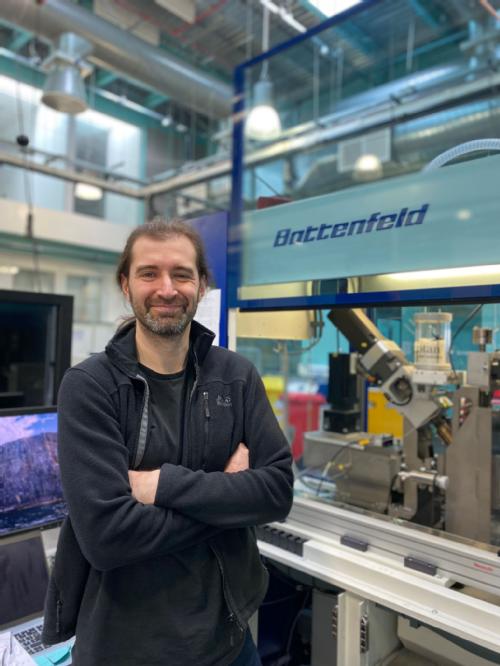
Mert Gulcur
Dr Mert Gulcur, is an expert in micro-manufacturing engineering and rapid prototyping with substantial theoretical, technical, and hands-on experience.
He has been the recipient of some the most prestigious and competitive scholarship & employment programmes in Europe where he completed an MSc in Optics & Photonics at Karlsruhe Institute of Technology (KIT) with a German Academic Exchange Service (DAAD) Scholarship, followed by a PhD in micro-manufacturing through an EU MSCA ITN (MICROMAN) at University of Bradford.
He is currently employed as a Lead Engineer at WMG, University of Warwick for developing rapid prototyping services to a large variety of sectors and businesses.
Most recently he has won a prestigious Horizon Europe Marie-Curie Postdoctoral Global Fellowship in the 2023 call to collaborate with University of Austin at Texas, USA and University of Warwick, UK. He will be developing state-of-the-art micro and nano fabrication methods for delivering technological products including optics, medical devices and micro-robotics
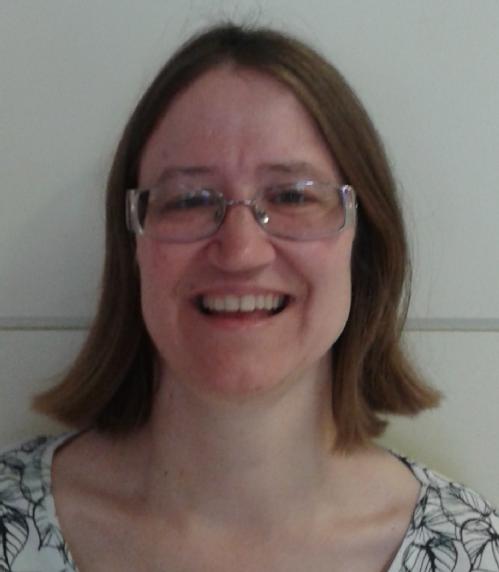
Kim Summers
Since obtaining my PhD from the University of Birmingham, using both computation and lab-based techniques to investigate predatory bacteria I have worked as a post-doctoral researcher at the University of Warwick, most recently in Elizabeth Wellington’s research group. My focus is on anti-microbial resistance in bacteria and the role placed by the environment.
Currently I am working on an international collaboration with Universities in Pakistan, helping to develop their resource capabilities to detect pathogens as a source of gastrointestinal disease.
By joining the IAS I hope to further develop my interdisciplinary skills and contacts with a view towards independent research.
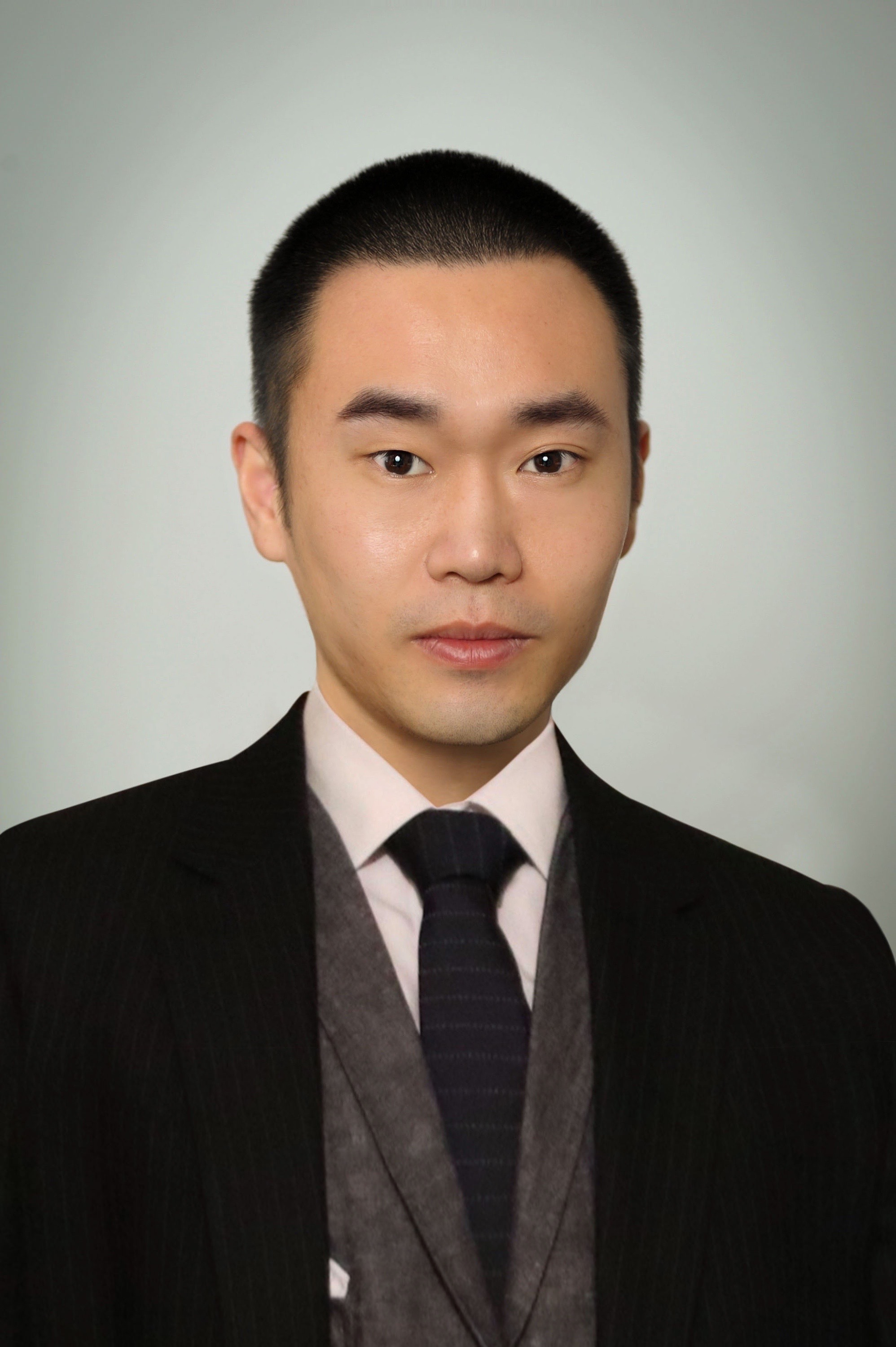
Derek Ma
Dr Derek Guotao Ma is a researcher in Computational Geomechanics and Data Science at the School of Engineering, University of Warwick.
He obtained his PhD in Engineering from University of Warwick, UK, and MSc degree from Southwest Jiaotong University, China, he also visited University of Canterbury, New Zealand.
His research focuses on multivariate modelling/AI prediction/probabilistic analysis in geoscience, specifically for failure analysis and risk assessment of granular flows, avalanches, and natural hazards. Derek develops robust statistical numerical algorithms through the integration of Computational Statistics and Data Science to quantitatively evaluate the uncertainties of granular flows in heterogeneous materials that exhibit significant randomness.
Currently, he co-authored over 30 papers published in peer-reviewed journals and a h-index equal to 8.
Derek is also the corresponding member of the International Society of Soil Mechanics and Foundation Engineering (ISSMGE) TC-309 technical committee on “Machine Learning in Geotechnics”.
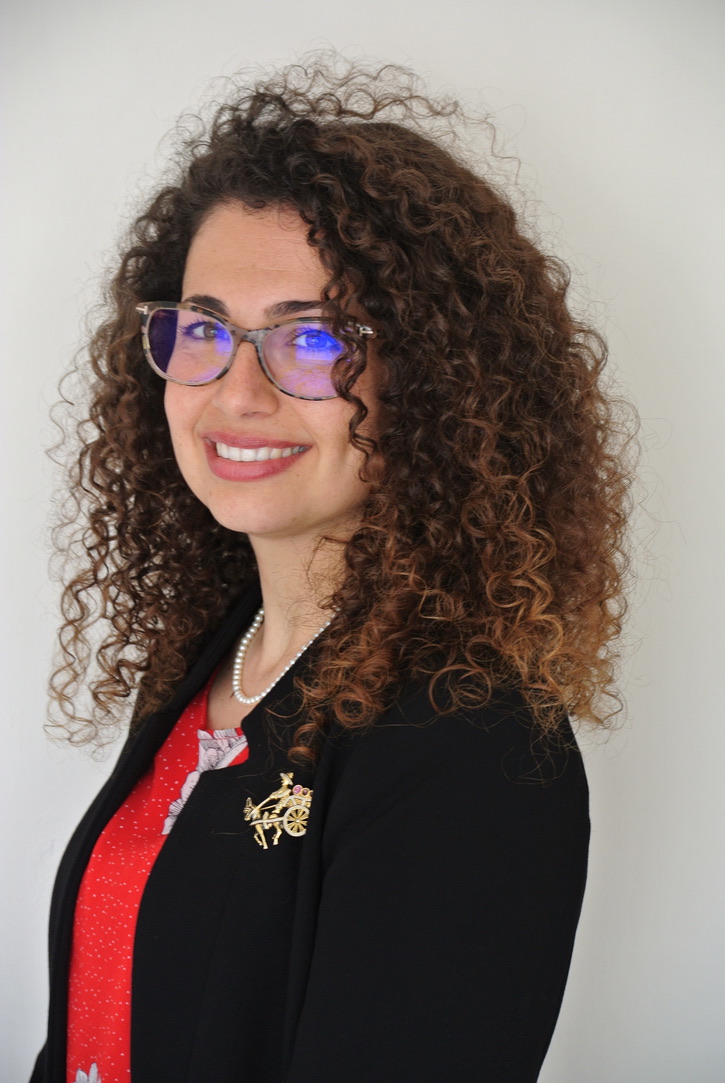
Simona Di Martino
My PhD thesis, entitled ‘From Flesh to Soul: The Dichotomy of the Body in Alfonso Varano, Salomone Fiorentino, and Giacomo Leopardi’, investigates the ways in which late eighteenth- and early nineteenth- Italian poets represented death, dead bodies, and spectral visions in their text. In my work, I advocate the existence of an Italian Gothic strain, which has always been neglected by critics.
As an IAS Fellow I work on publishing my research, developing an interdisciplinary postdoctoral project, and honing my academic profile by collaborating with other peers through publications, workshops, and conferences, as well as teaching. Some other research interests of mine are women’s writing, children’s literature, family novels, in a comparative perspective.
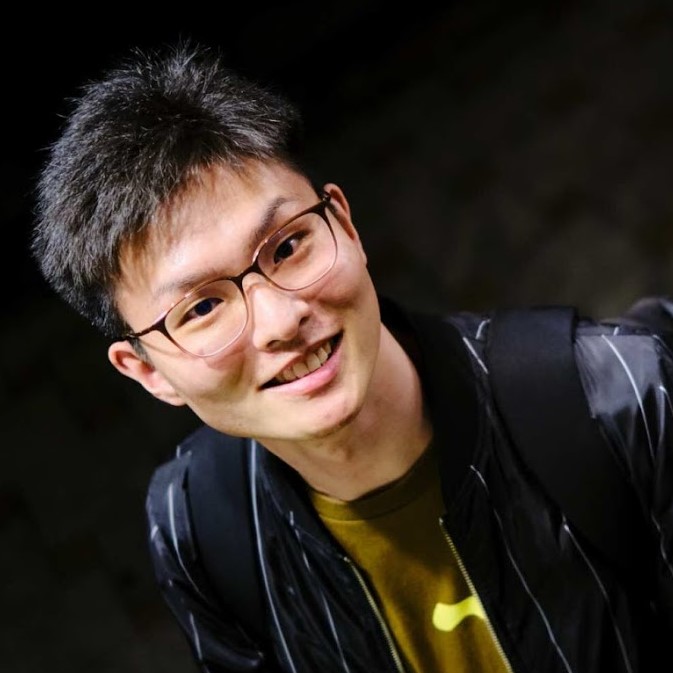
Hiromichi Hagihara
Hiromichi is a postdoctoral researcher at The University of Tokyo, Japan, and is currently a Visiting Academic at the University of Warwick. He has been particularly working on investigating young children's language acquisition and applying automated techniques to the developmental psychology field. He completed his Ph.D. at Kyoto University, Japan.
He is also a pediatric occupational therapist, engaging in developmental support for children with special needs.
His current and future research will be greatly shaped by taking part in the IAS community.
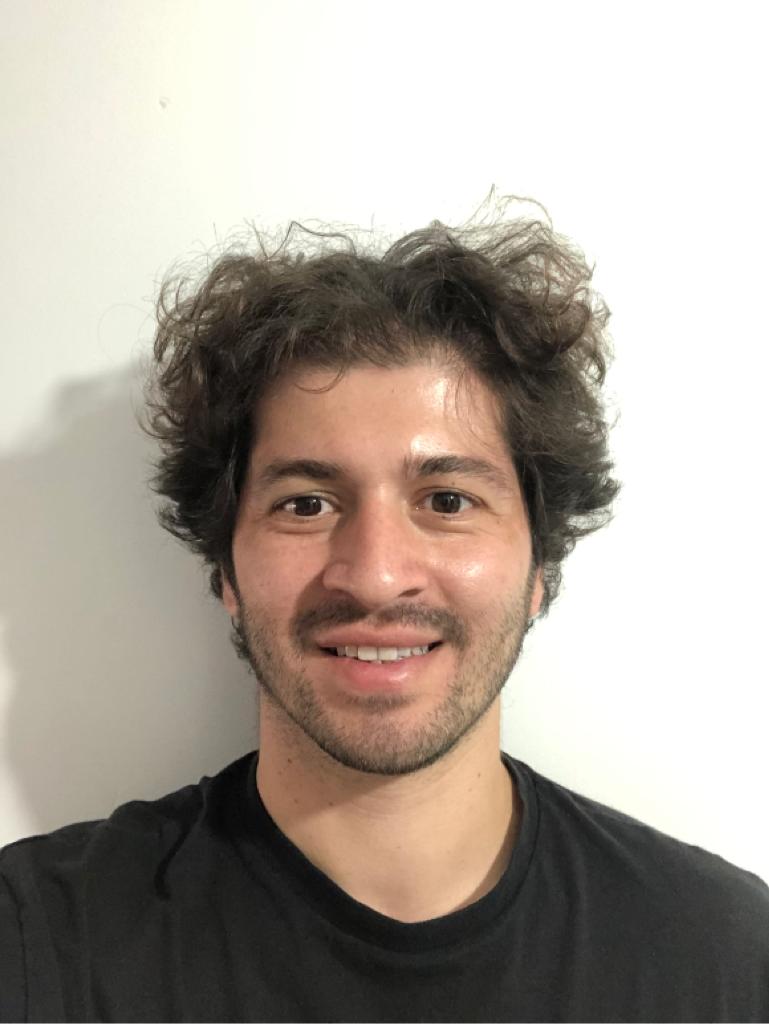
Mucahit Ozden
I am currently employed as a teaching fellow in operations and supply chain management at the Warwick Manufacturing Group, University of Warwick. I also supervise MSc projects.
I received my PhD in the summer of 2022 and the research area was customers' perception of remanufactured products.
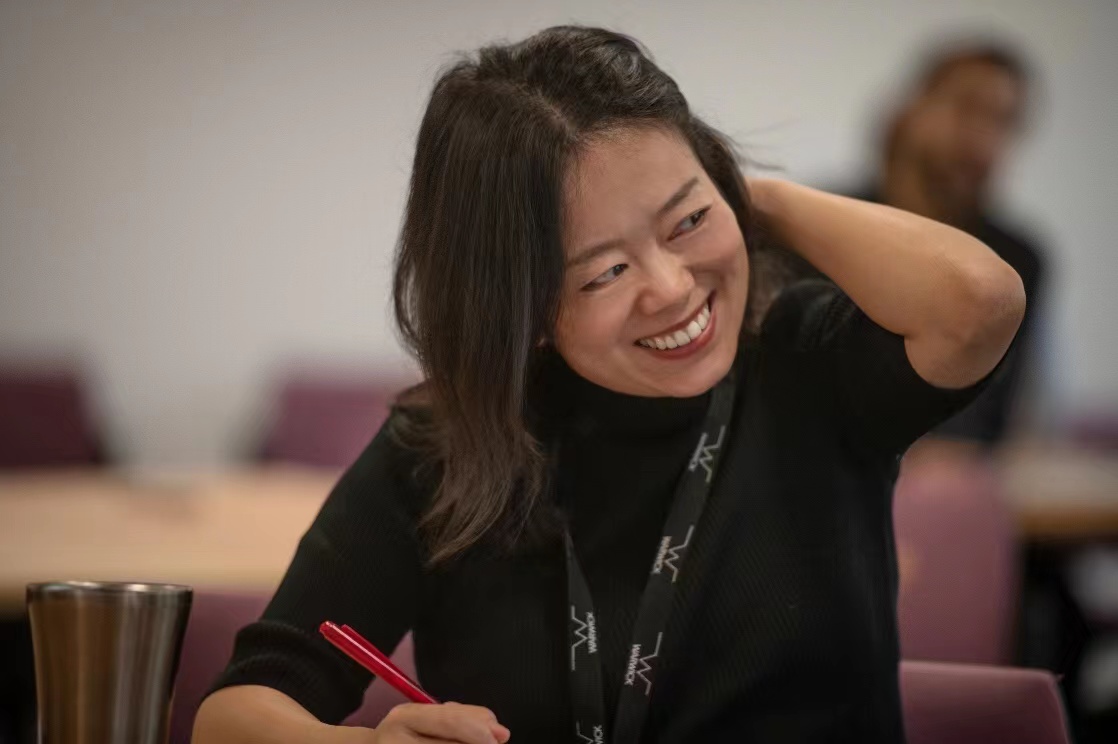
Dr Bing Lu
Bing Lu is the Director of Student Experience and Progression at University of Warwick.
Bing’s doctoral research investigated how academics who have returned from overseas doctoral study conduct doctoral supervision in their home countries. Bing used supervision recordings as a method to elicit supervisors’ reflective accounts about their supervision practices.
Bing also holds a MA in Education Innovation from University of Warwick.
Bing is generally interested in transnational mobility, inclusive education, supervision, co-creation and interdisciplinarity.
Bing founded the Superb-Vision Network sponsored by Warwick Doctoral College in 2020.
Bing has been recently awarded the SRHE Newer Researcher Award 2023.
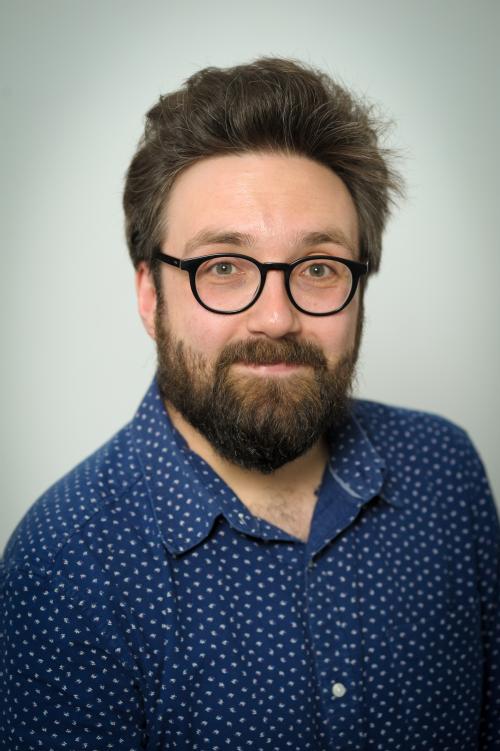
Dr Ian Farnell
I am a Teaching Fellow in Theatre and Performance Studies at the University of Warwick, where I previously completed my MA by Research and PhD. Currently, I am working on my first monograph, Science Fiction and Contemporary British Theatre, and am editing the forthcoming collection Theatre, Performance and the Fantastic, both of which are due to be published by Bloomsbury. These publications evolved from both my doctoral studies and my time as an Early Career Fellow with IAS, during which I organised the interdisciplinary conference “Performing the Fantastic in Contemporary Culture”.
As an Associate Fellow, I shall be launching a new research project which examines customer service through the lens of performance studies.
Alongside my research, I am a passionate teacher and have repeatedly been a finalist for the Warwick Award for Teaching Excellence, winning in 2022.
Finally, I am a massive nature enthusiast and a keen (if average) bird photographer, and can often be found in the greener spaces around campus, squinting upwards.
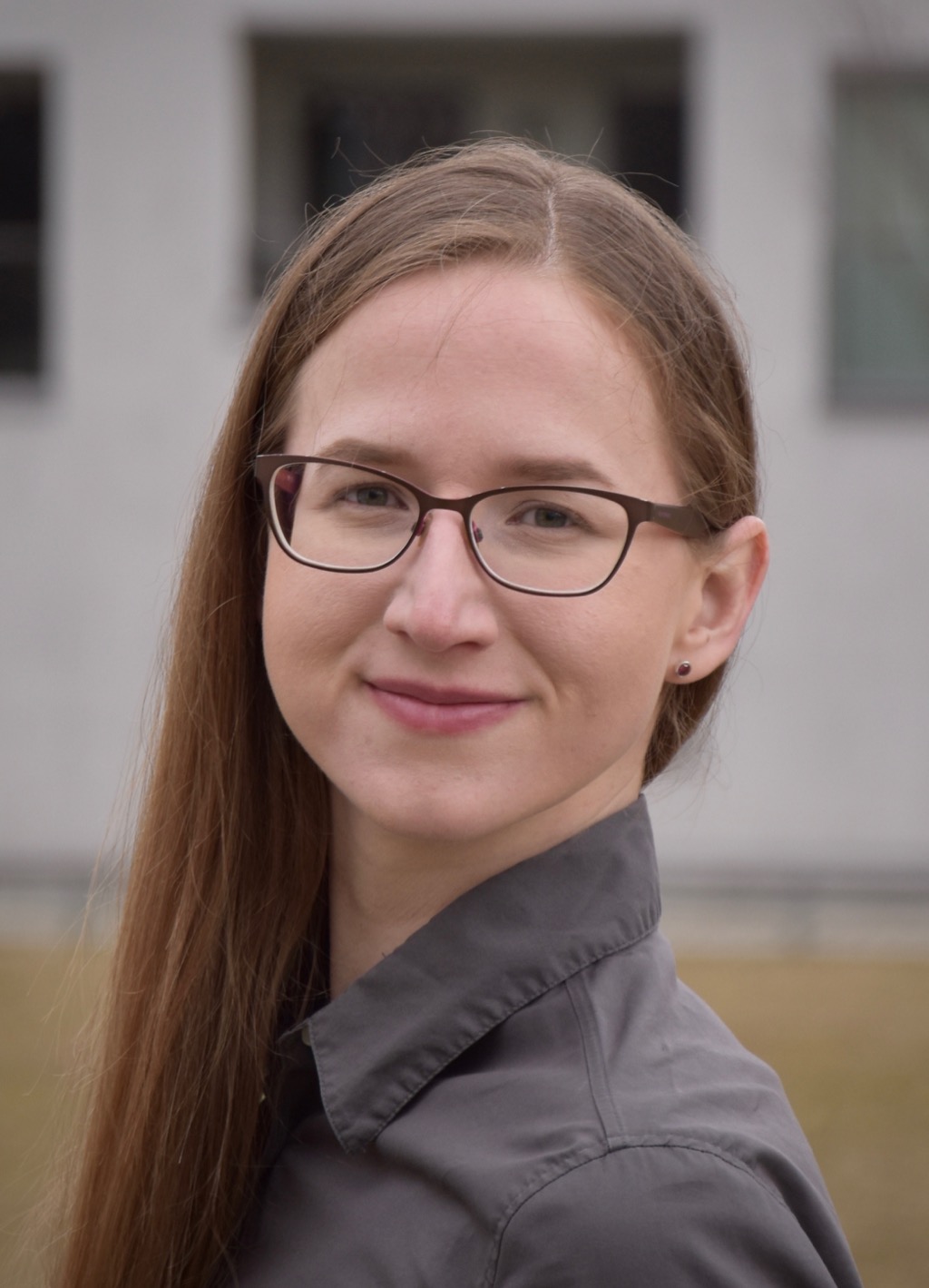
Zsuzsanna Koczor-Benda
Zsuzsanna is a Research Fellow at the Department of Chemistry, working in the field of Theoretical and Computational Chemistry.
She obtained her PhD at the University of Munich, where she developed quantum chemistry methods to study short-lived electronic states of molecules. As a postdoctoral research fellow at KCL and UCL, she worked on an interdisciplinary collaborative project to design a nanoscale terahertz detector, using machine learning techniques to identify promising molecules.
Currently, she develops computational methods based on quantum chemistry and machine learning techniques to model molecules on metal surfaces and to design functional molecules by generative machine learning. Her aim is to understand and improve plasmonic photocatalytic processes, nanoelectronic and nanooptical devices.
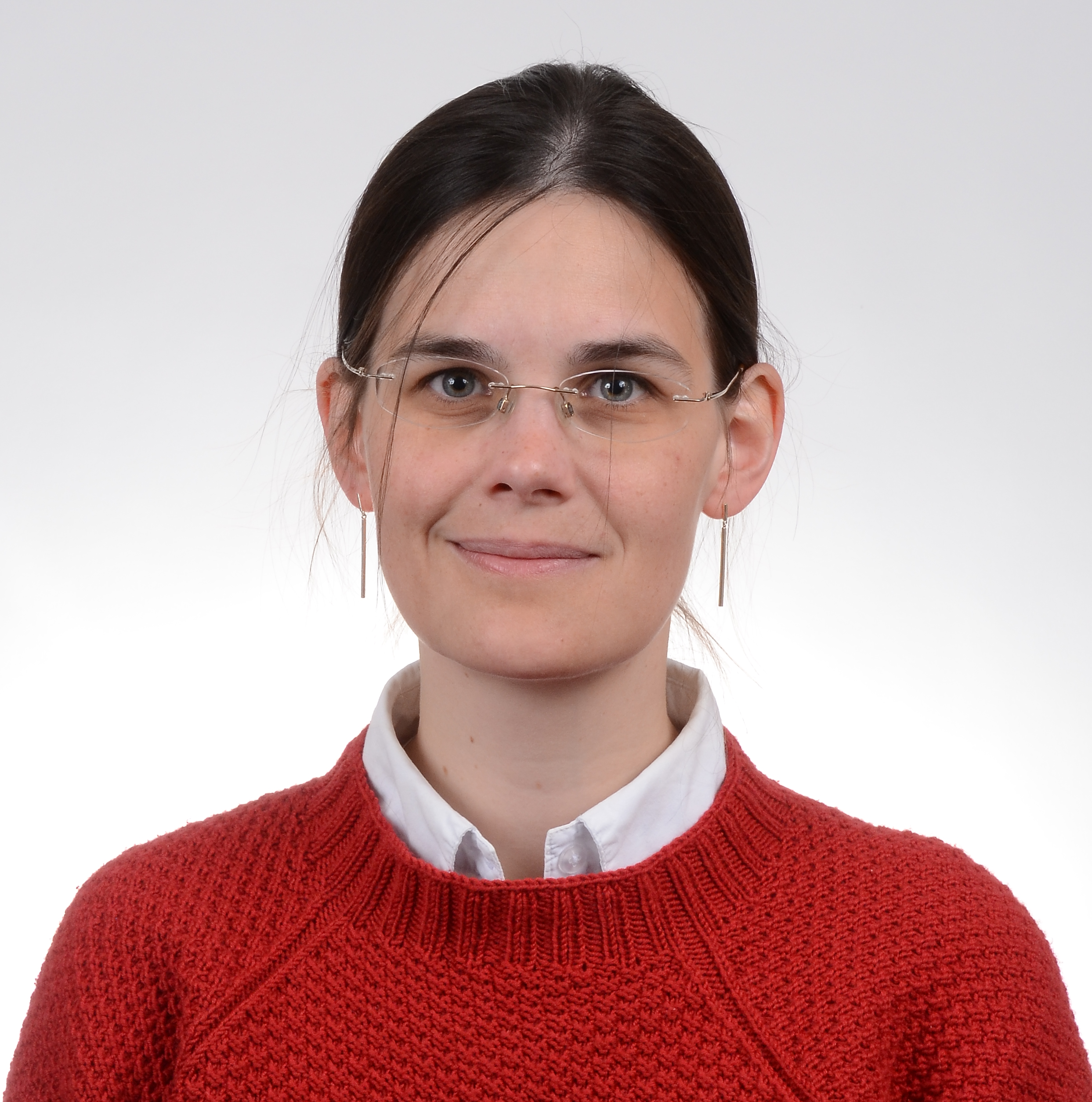
Dr Svenja Maria Janke
I am a WIRL-COFUND fellow in the Chemistry Department where I do computational chemistry. After receiving my PhD from University of Göttingen, I did a postdoc at Duke University, (Durham, NC, USA), first working with the Fritz Haber Institute (Berlin, Germany) and later as a postdoctoral fellow of the German Research Foundation.
The combination of molecules and inorganic materials at the nanoscale offers many design opportunities for new, photovoltaic or light-emitting materials and chemically relevant, catalyzed reactions with improved efficiencies. All of these potential applications have in common that they can involve electronic excitations that can couple to atomic motion. I am looking at these excitations and their coupling to simulate light absorption spectra in hybrid organic-inorganic materials and energy transfer in small molecules at catalytic metal surfaces.
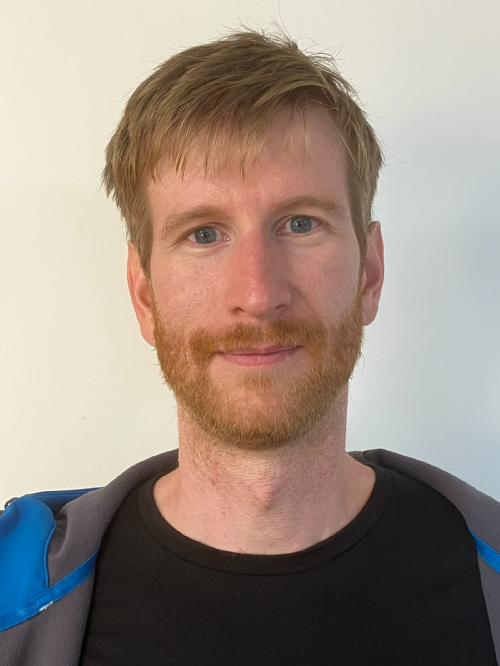
Lukas Hoermann
I recently commenced a position as a Marie Curie Research Fellow at the University of Warwick. My research focuses on understanding dynamic processes occurring at surfaces, with an emphasis on atomic-scale friction. Employing density functional theory, machine learning, and molecular dynamics I investigate the atomic-scale mechanisms (phononic, electronic, interfacial PES) of energy dissipation that give rise to friction to develop strategies to tailor material properties to control individual dissipation channels.
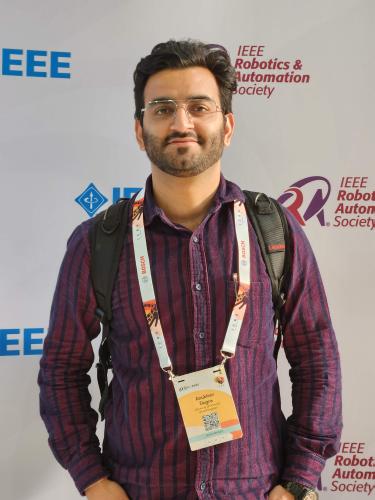
Anubhav Dogra
I joined Physics, University of Warwick in April 2022 with Prof Emma MacPherson under the 'Terabotics' project. Terabotics can really be read as 'Tera(Hz-Ro)botics' and it sounds so cool ! My research is majorly focussed on second part of the Terabotics, i.e. Robotics. Primarily responsible to carve out the robotized solution, developing the robotic platform, integrate THz Device with Robotic manipulator and systems to perform in-vivo Skin measurements for cancer related studies.
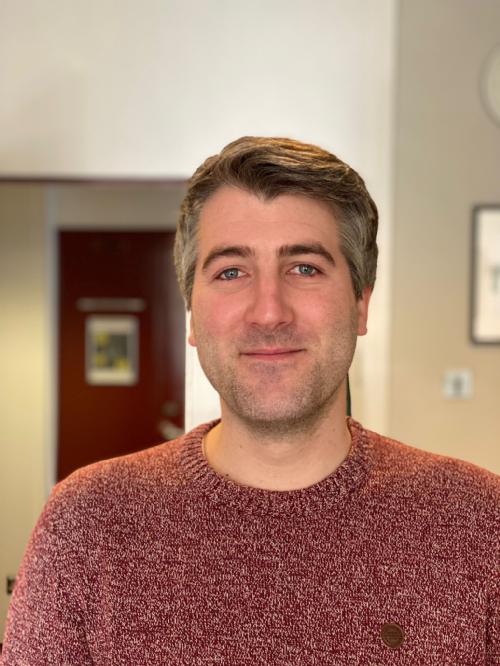
Hannes Houck
Hannes’ research at the University of Warwick is situated at the interface of organic synthesis and polymer chemistry. He focuses on the development of light- and temperature-responsive chemical building blocks that can be incorporated into polymer materials in order to make them more sustainable. He is particularly devising new conceptual approaches to form, break and reform the chemical bonds that make up many of our daily life plastics, thereby aiding their (re)processing and recycling.
Hannes was awarded a dual PhD degree in Chemistry from Ghent University, Belgium and the Karlsruhe Institute of Technology, Germany (summa cum laude) working on the development of bonding-debonding crosslinking strategies. Following alternating research stays in Belgium, Germany and Australia, he became fascinated about how light is capable of altering the chemical nature of small organic molecules, which in turn can change a material's macroscopic properties such as its strength and colour. As a postdoctoral fellow at Ghent University, he has created new photoresists for 3D laser printing and has been involved in industrial projects in the area of recyclable thermosets, on-demand curable coatings and de-bondable adhesives.
In 2021, Hannes started a EUTOPIA Science and Innovation Fellowship (EUTOPIA-SIF Marie Sklodowska-Curie CO-FUND) to develop photo-switchable covalent dynamic materials. Combined with the career development opportunities as a member of the Institute of Advanced Study, this fellowship allowed him to venture into research independence and build an international network, including through research stays at Monash University, Queensland University of Technology and Vrije Universiteit Brussels.
In October 2023, Hannes was awarded a Royal Society University Research Fellowship (1.9 M£) to establish his very own research group within the Chemistry Department at the University of Warwick.
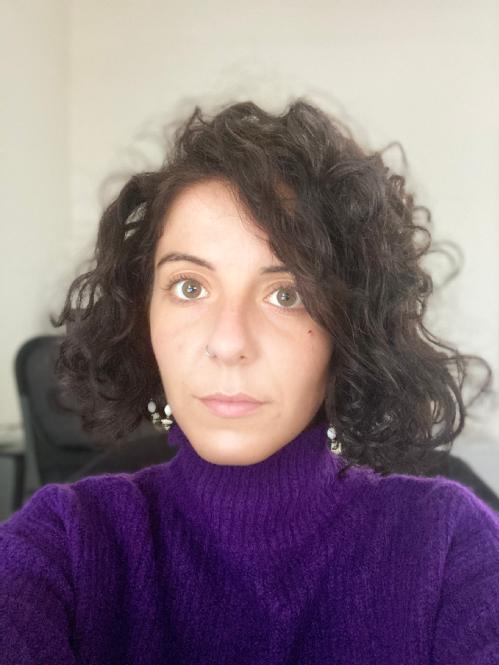
Paola Zichi
Paola Zichi is a BA Postdoctoral Fellow at the WLS working on Feminist Lawyering and International Law in European History (1899-1949). Previously, she worked at QMUL, after completing her PhD at SOAS which won the MLR’s Helen Reece Prize for feminist legal studies. Her research expertise falls within the field of history, gender and international law.
As IAS Fellow, she would develop skills for maximising the non-academic impact of her work; to open fresh perspectives and to provide access to new contributions to understand how and why feminism changes and influences social change.
.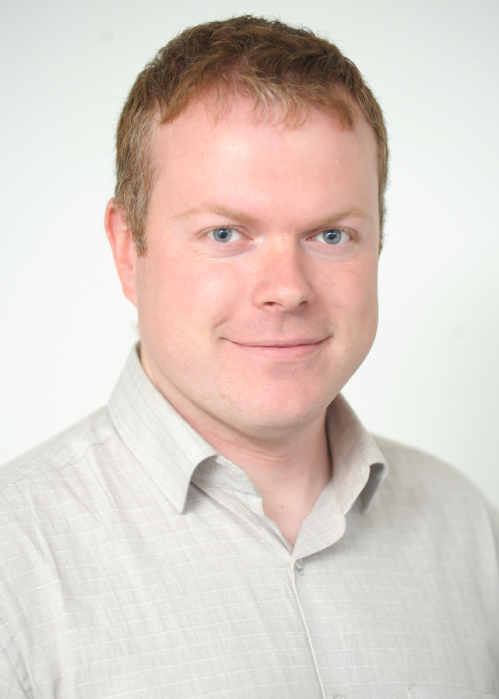
Eddison Loades
I am currently a post-doctoral researcher in the Plant-Virus Interactions group at the University of Warwick. Our research group is dedicated to unravelling the intricate relationships between plants and viruses, with a particular focus on understanding the molecular mechanisms that govern these relationships.
By collaborating with the IAS, I hope to gain more experience in networking, and hope for many thought-provoking discussions which will develop me and help my academic career.
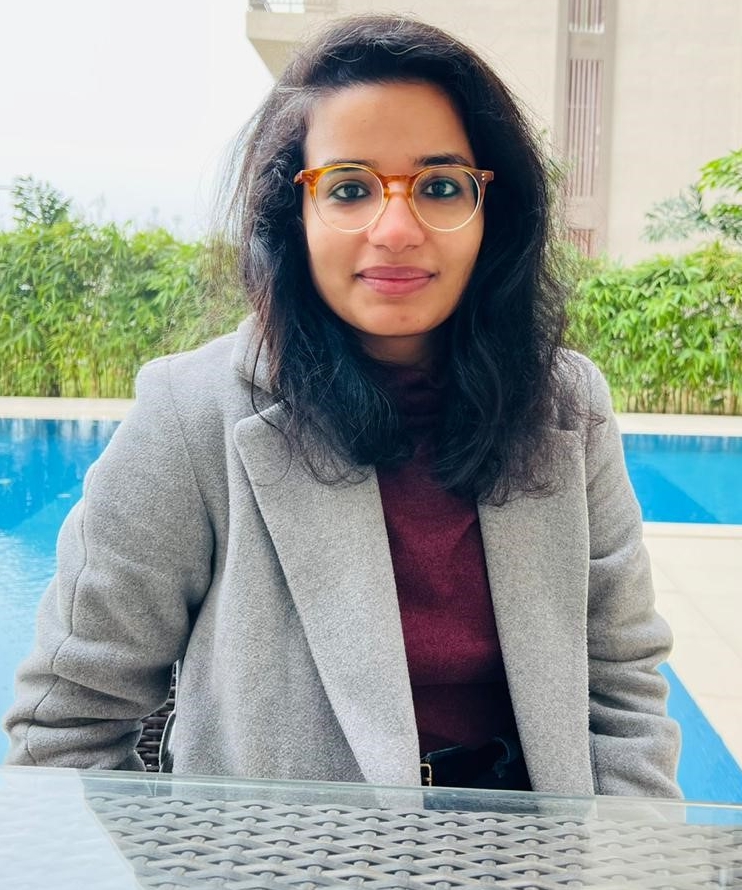
Nishtha Chopra
Nishtha Chopra is a Research Fellow in the Ultrafast and Terahertz photonics group (Department of Physics). Her research aims to develop advanced Multipixel Terahertz (THz) Emitters and state-of-the-art THz spectrometers and imaging systems that will bring us one step closer in diagnosing skin cancer. Her research on technology development is inherently interdisciplinary and versatile enough to be extend to other sectors such as 6G communication, manufacturing, non-destructive testing and biosensing.
Prior to joining the University of Warwick, she was a Radiation Scientist at the UK Health Security Agency carrying out research to advance the knowledge about protection from the risks of radiation and support the UK government, public and other institutions on radiation standards and guidelines. She has also worked on studying biomolecules with a particular interest in THz time domain spectroscopy of extracellular matrix and bone constituents. She received her PhD in Electronics Engineering from Queen Mary University of London, in 2017 and her MSc in Nanoelectronics from the University of Manchester, in 2013.
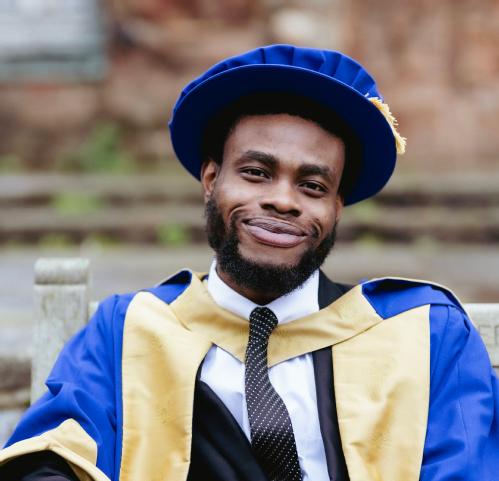
Dr Emmanuel Effiong Johnson
Dr Emmanuel Effiong Johnson is a Nigerian educational researcher, filmmaker and poet. He is a Postdoctoral Research Fellow at Coventry University’s Centre for Global Learning and a Visiting Research Fellow at Department of Education Studies, University of Warwick.
His background is Media, Communication and Culture which he’s pursued at undergraduate and postgraduate levels at Coventry University. His PhD explored Nigerian student experience and the question of what it means to be educated.
Emmanuel is committed to research that borders on the theme of personal experience, which sees him explore, recurringly in his works, questions around how people are affected or/and transformed by events, situations and experiences. He is passionate about creative methods of research, like film, because it furthers expression, of self and ideas, encourages accessibility and engages with people in and out of the academe.
Through his research practise, he aims to reach a wide audience of people, while promoting self-expression and authenticity about human lived experience.
Emmanuel has previously worked as a Research Assistant at Durham University and Coventry University.
Ani Permana
I am a second year Post Doc working on the origins of language at the Ape Tank in the Department of Psychology. My work is attempting to unravel the precursors of language by studying wild orangutans in Indonesia. I have worked with orangutans for over 20 years previously climbing over 2000 trees to study their nest building behaviour for my PhD.
Joining Warwick’s IAS will empower me towards my goal of establishing my own research group. I hope to expand my academic leadership and independence and meet others across the University to improve the interdisciplinary nature of my work.
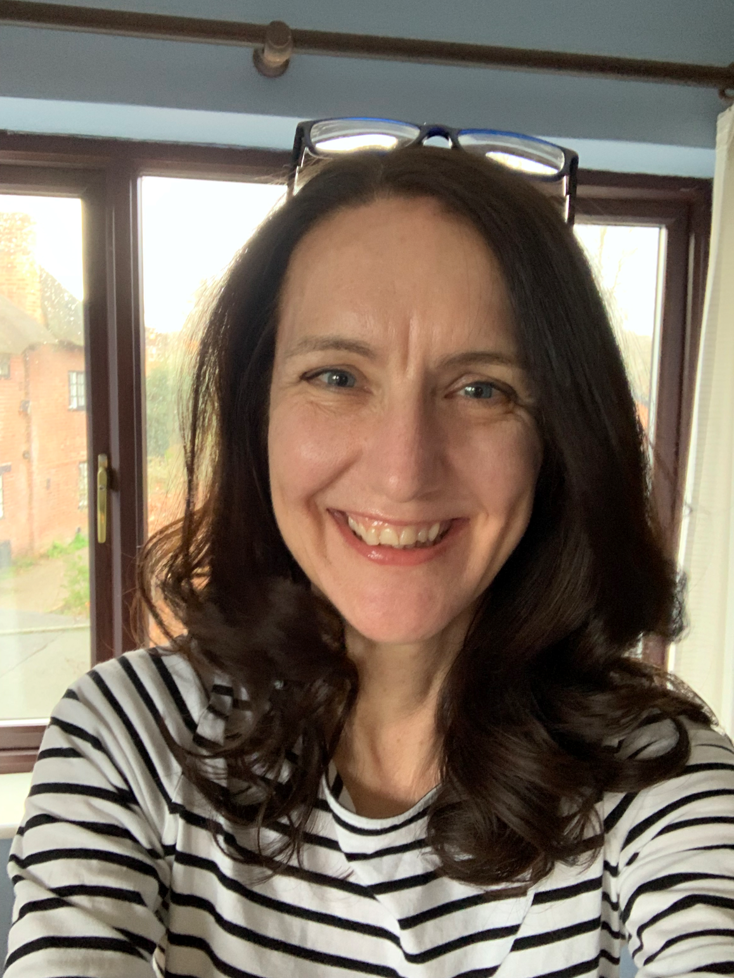
Sally Adams
I obtained my Ph.D. in Plant Epigenetics from Bath University. This led to postdoctoral positions studying various aspects of gene expression regulation in plant systems at the Friedrich Miescher Institute (FMI), Université de Genève, the University of Leicester, and the University of Warwick.
Whilst in Warwick, I was offered the opportunity to jump Kingdoms to start working with a fascinating nematode genus which not only has 3 sexual morphs but also throws away half of its DNA during development! This evolutionary enigma has been both fascinating and challenging to work with. It pushed me to build a whole new skill set and taught me the importance of interdisciplinary approaches.
Recently, I have branched out again, combining my work in plants and nematodes to study agronomically important nematode species. My fields of expertise include molecular biology (CRISPR/Cas9 development), bioinformatics, plant genetics, and nematology.
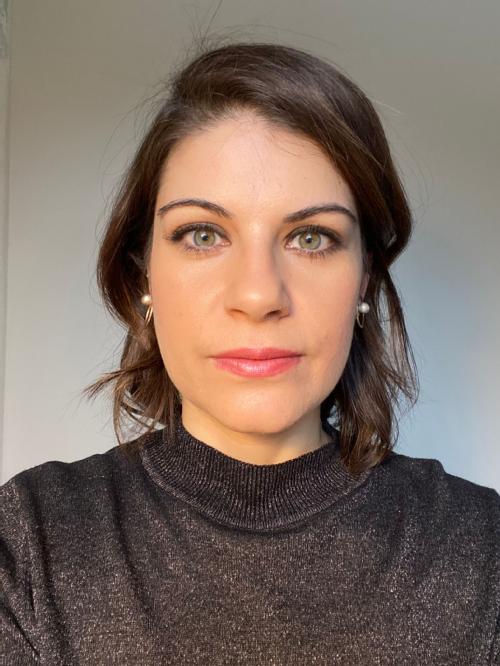
Ayten Alibaba
I am dedicated and passionate researcher who has recently completed her PhD in Intercultural Communication, delving deep into the fascinating interdisciplinary world of sociolinguistics, intercultural communication, space and place, and migration studies.
With a keen eye for the intricate connections between language, culture, and society, I'm on a mission to unravel the complexities that shape our globalised world.

Daniele Pizio
I joined CIM in February 2022 as postdoctoral researcher. I work with professor Matt Spencer on the project ‘Scaling Trust: An Anthropology of Cyber Security’. We are questioning the nature of cyber security models through a systematic empirical comparative study of ‘Zero Trust’ and ‘Distributed Trust’ paradigms. We examine the history and social conditions of these models, and engaging with the philosophy of science, we interrogate what a security model might be supposed to be.
My research interests are predominantly situated in Science and Technology Studies, with a particular focus on Infrastructure Studies and Internet Governance Studies. My PhD project was about Tor (acronym of 'The Onion Router') a security, anonymity and privacy-oriented digital network. My research aimed to reach three goals: deconstructing the power structures and cultural imaginaries embodied into the Tor infrastructure, uncovering the policies pursued by its developers to keep the platform safe, usable and sustainable, and understanding how they imagine the concept of privacy. I am also interested in hacker cultures, surveillance capitalism, digital rights and online social movements.
I hold a PhD from the University of Leicester (School of Business), as well as a MA and a BA in International Relations from the University of Bologna (Italy).
I worked as freelance reporter for a newspaper and a journalistic agency: I specialized in hacker cultures, surveillance capitalism, digital rights and online social movements. Also, I worked as network administrator in a web design company
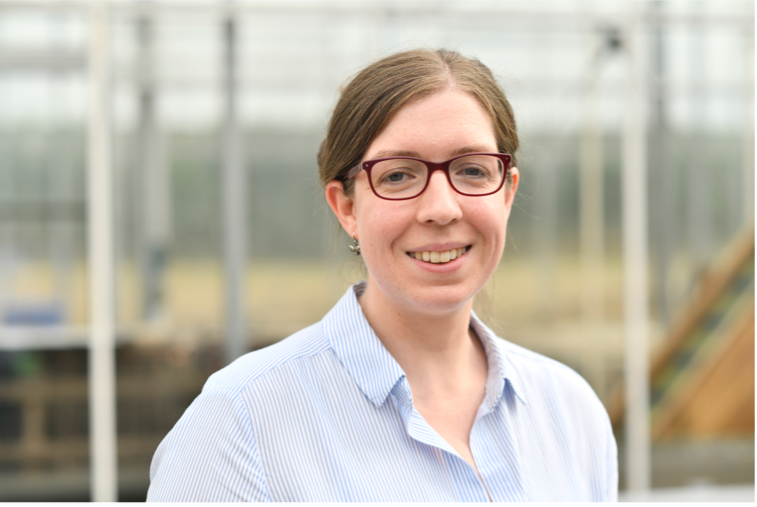
Dr Lauren Chappell
Following her PhD in plant pathology and plant breeding at the University of Warwick Lauren took up a position in industry as a plant pathologist at Elsoms Seeds Ltd. She later transitioned back into academia with a postdoctoral research position at Oxford University understanding the genetics of the bacterial plant pathogen Pseudomonas syringae.
She now works as a research fellow at the University of Warwick on the Defra funded Vegetable Genetic Improvement Network (VeGIN). This interactive network between industry and academia aims to identify novel genetics linked to key improvement traits, such as resistance to pest and disease, for sustainable production of the UK’s four key vegetable crops: carrot, onion, lettuce and vegetable brassicas.
She is hoping to actively engage in the various IAS programmes to further develop her academic career.
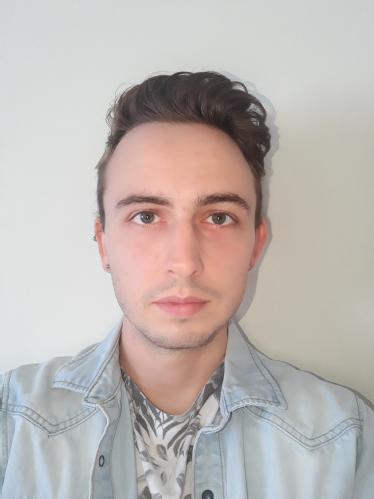
Luke Richards
Luke is a Research Fellow at the School of Life Sciences interested in microbe-microbe interactions and co-existence, especially concerning nutrient sharing and availability.
Luke was awarded his PhD in Life Sciences from the University of Warwick in 2023. Prior to this, he worked in industry studying Tobacco molecular biology and genetics (2013-2018) after graduating from his Undergraduate and Masters studies in Animal and Plant Sciences at the University of Sheffield (2009-2013).
By leveraging the opportunities provided by the IAS, he hopes to develop his research to explore the impact of nutrient availability in soil microbiome functionality in an agricultural setting
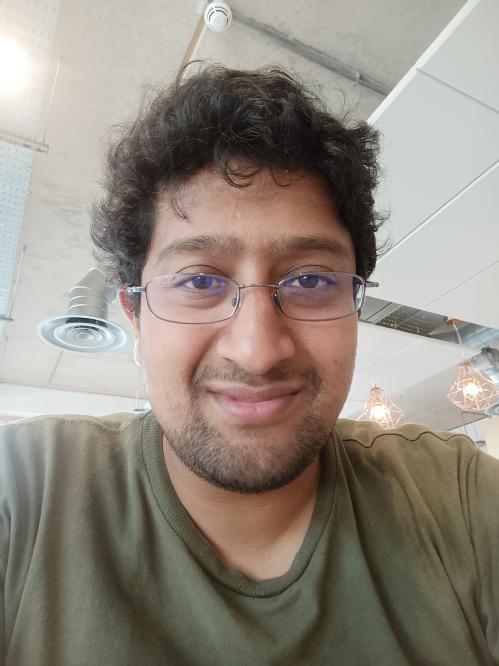
Abhiram Natarajan
I joined CIM in February 2022 as postdoctoral researcher. I work with professor Matt Spencer on the project ‘Scaling Trust: An Anthropology of Cyber Security’. We are questioning the nature of cyber security models through a systematic empirical comparative study of ‘Zero Trust’ and ‘Distributed Trust’ paradigms. We examine the history and social conditions of these models, and engaging with the philosophy of science, we interrogate what a security model might be supposed to be.
My research interests are predominantly situated in Science and Technology Studies, with a particular focus on Infrastructure Studies and Internet Governance Studies. My PhD project was about Tor (acronym of 'The Onion Router') a security, anonymity and privacy-oriented digital network. My research aimed to reach three goals: deconstructing the power structures and cultural imaginaries embodied into the Tor infrastructure, uncovering the policies pursued by its developers to keep the platform safe, usable and sustainable, and understanding how they imagine the concept of privacy. I am also interested in hacker cultures, surveillance capitalism, digital rights and online social movements.
I hold a PhD from the University of Leicester (School of Business), as well as a MA and a BA in International Relations from the University of Bologna (Italy).
I worked as freelance reporter for a newspaper and a journalistic agency: I specialized in hacker cultures, surveillance capitalism, digital rights and online social movements. Also, I worked as network administrator in a web design company
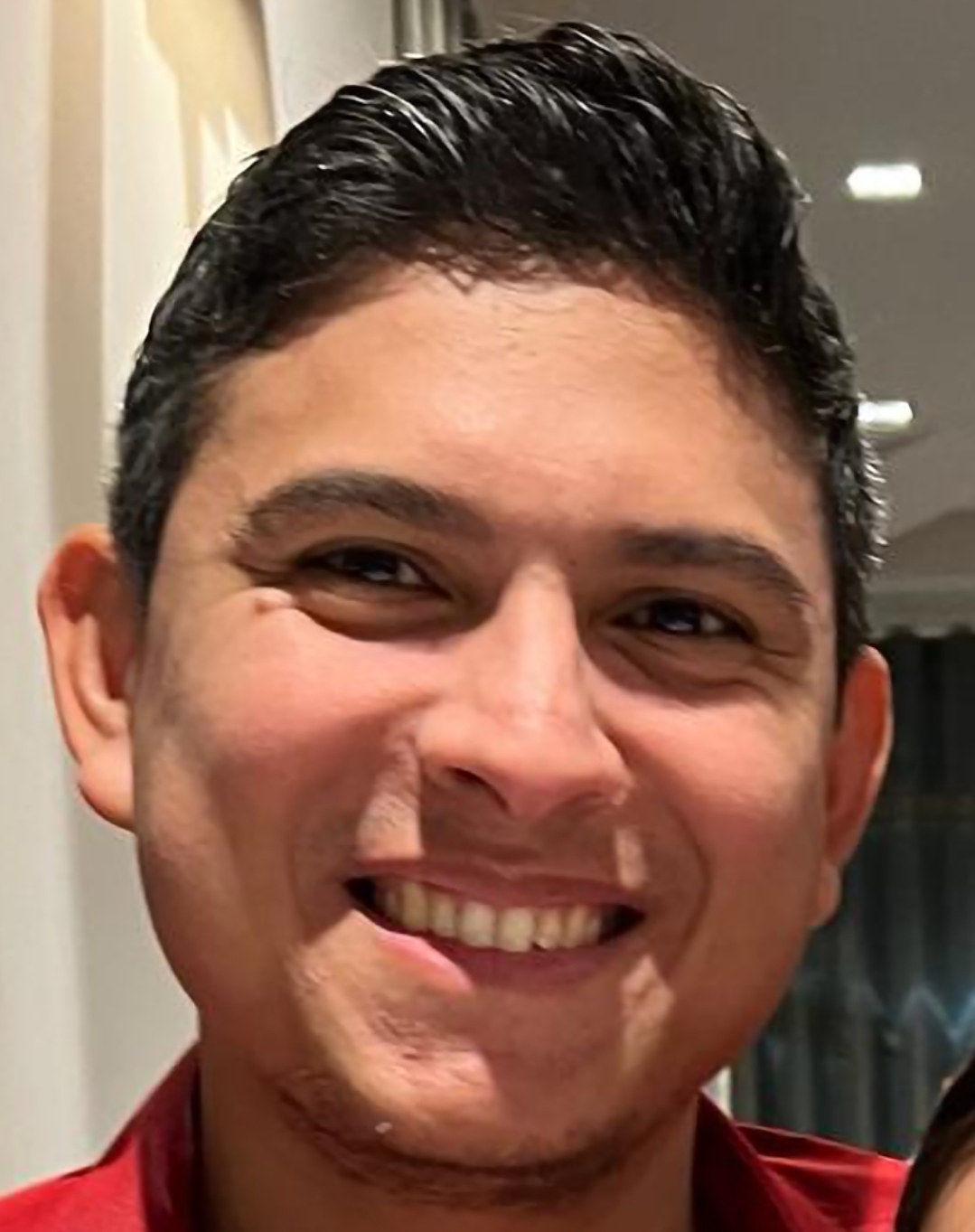
Galo Paez Fajardo
Galo Paez Fajardo completed his Ph.D. in Physics at Binghamton University in NY in 2021. The prestigious US FULBRIGHT program and the Ecuadorian scholarship program for research excellence SENESCYT fully supported Galo's Ph.D. research.
His experience ranges from metal oxides for alternative computing design to cathode battery degradation now focusing on understanding fundamental phenomena to explore cutting-edge solutions for high voltage degradation in Li-ion batteries.
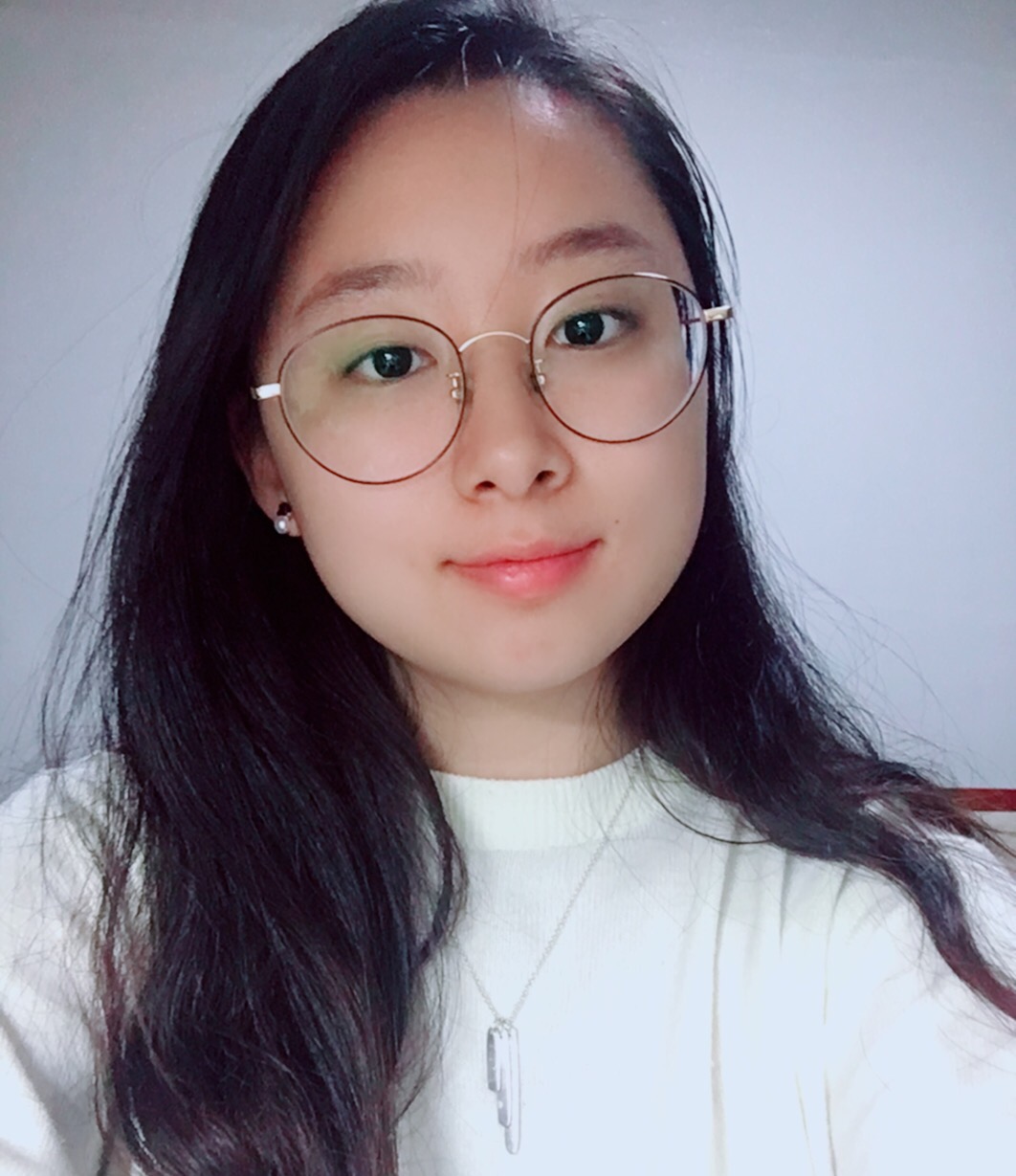
Hanyu Wang
Hanyu Wang is a postdoctoral research fellow at the University of Warwick, and she holds a PhD in Translation Studies from the University of Edinburgh. Her current research investigates the transnational communication and reception of queer media, as well as the influence of post-editing and machine translation on viewing experiences.
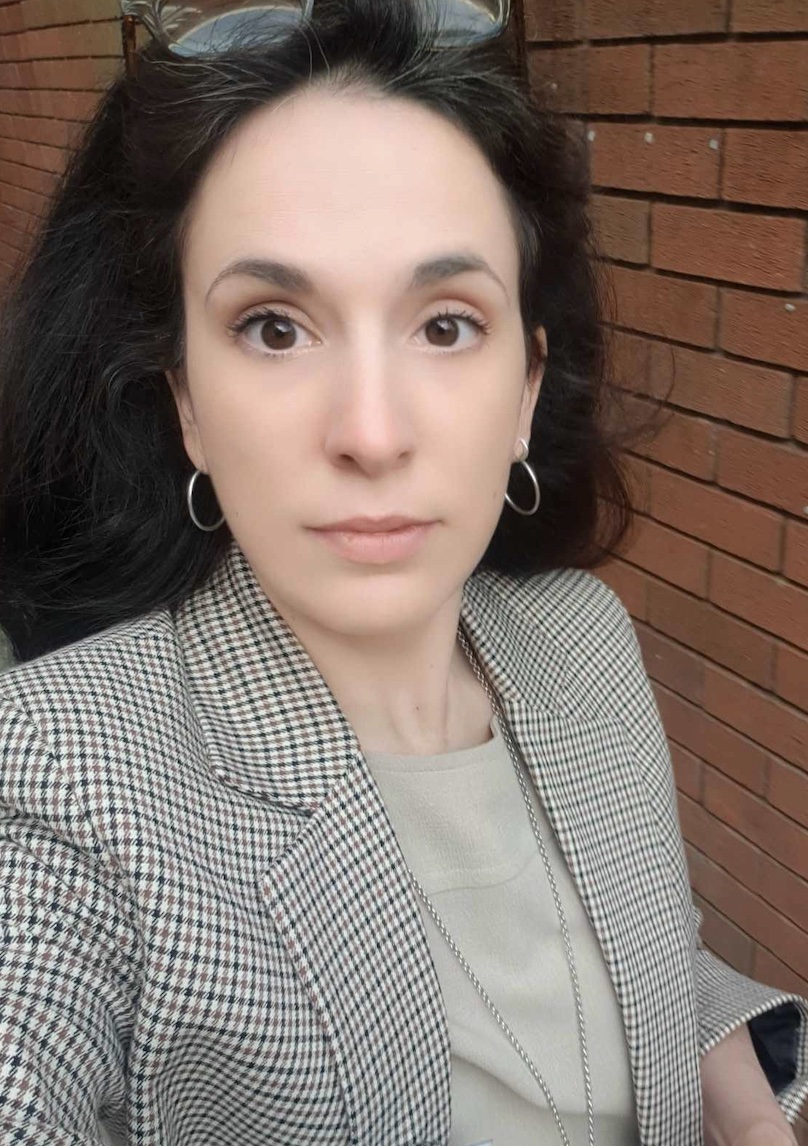
Federica Coluzzi
I am Leverhulme Early Career Research Fellow in the Department of Italian at Warwick and the co-director of the Centre for Dante Studies in IrelandLink opens in a new window, based at University College Cork along with Dr Valentina Mele and Dr Daragh O'Connell. I am the co-organiser of the the Warwick Italian Department Research Seminar SeriesLink opens in a new window with Dr Luca Peretti.
In 2019-20, I was Government of Ireland Postdoctoral Fellow at University College Cork where I also oversaw the organisation of the Dante Dialogues Series and Italian Department Research Seminars. In 2018 I received my PhD in English and American Studies from the University of Manchester, where I was also Early Career Researcher at the John Rylands Research Institute.
My research encompasses reception theory, Dante studies, intellectual history, and the history of publishing and reading in the long nineteenth century.My current project, Dante’s Transnational Female Public in the Long Nineteenth Century (1789-1921), carries out the first systematic inquiry into the historical formation and development of Dante’s modern female audience in Britain, Ireland and Italy. I applyfor the first time Franco Moretti’s distant reading approach and computational methods to develop the world’s largest, open-source bio-bibliographical database capturing the multidimensional, multidirectional, and palimpsestic nature of women’s experiences as private consumers (readers, annotators, and book-collectors) and public mediators (writers, illustrators, and lecturers) of Dantean knowledge in modern society.
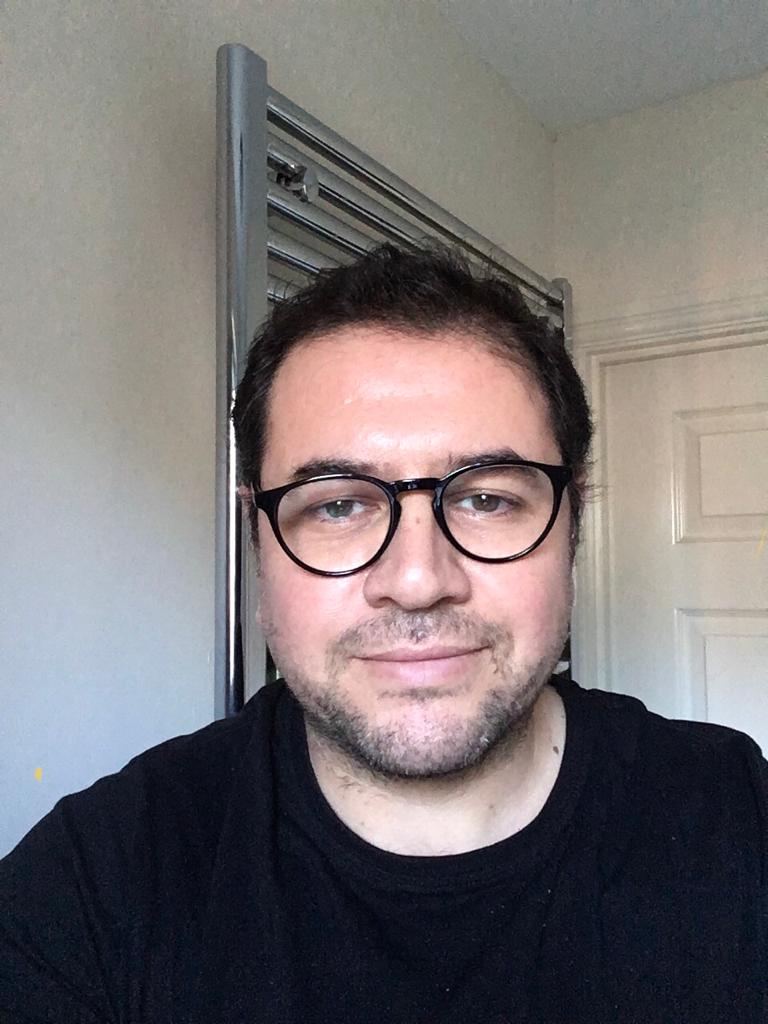
Ricardo Aguilar
I am a historian of Latin America specialised in the study of Indigenous peoples from the Americas from Antiquity to colonial and modern era. I have published on Indigenous nobility history of Michoacán (western Mexico), on conquests and colonisation and more recently on the social uses of foods, drinks, and bodies in the transition from pre-conquests to colonial era across Mexico and Guatemala. Because of my research interests, in my work I use methodologies emerging from anthropology, biogeography, archaeology, food studies, geography, Mesoamerican epigraphy, and colonial history. I am currently working on the creation of an archive of Indigenous wheat and maize breads and beverages from pre-European invasion to the present, to produce a community led museum to negotiate, resist and reinterpret gentrification across Indigenous towns in western Mexico.
